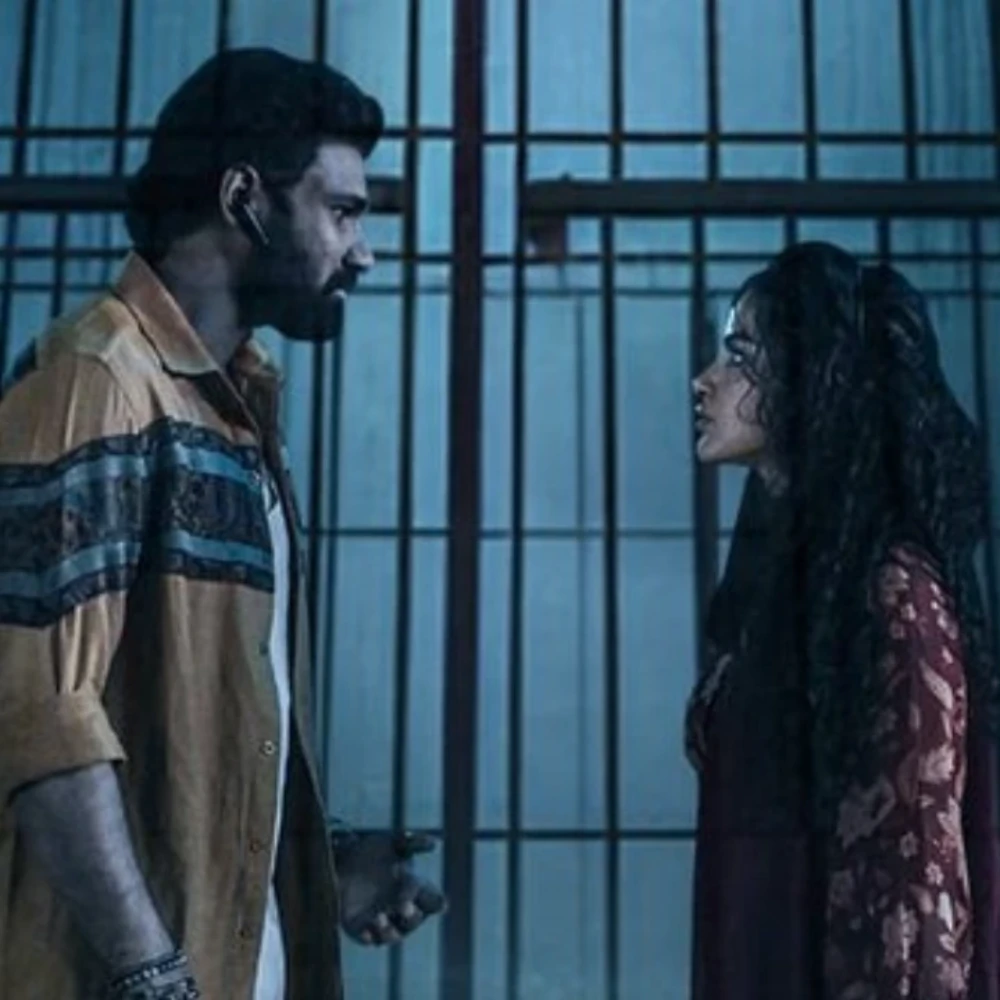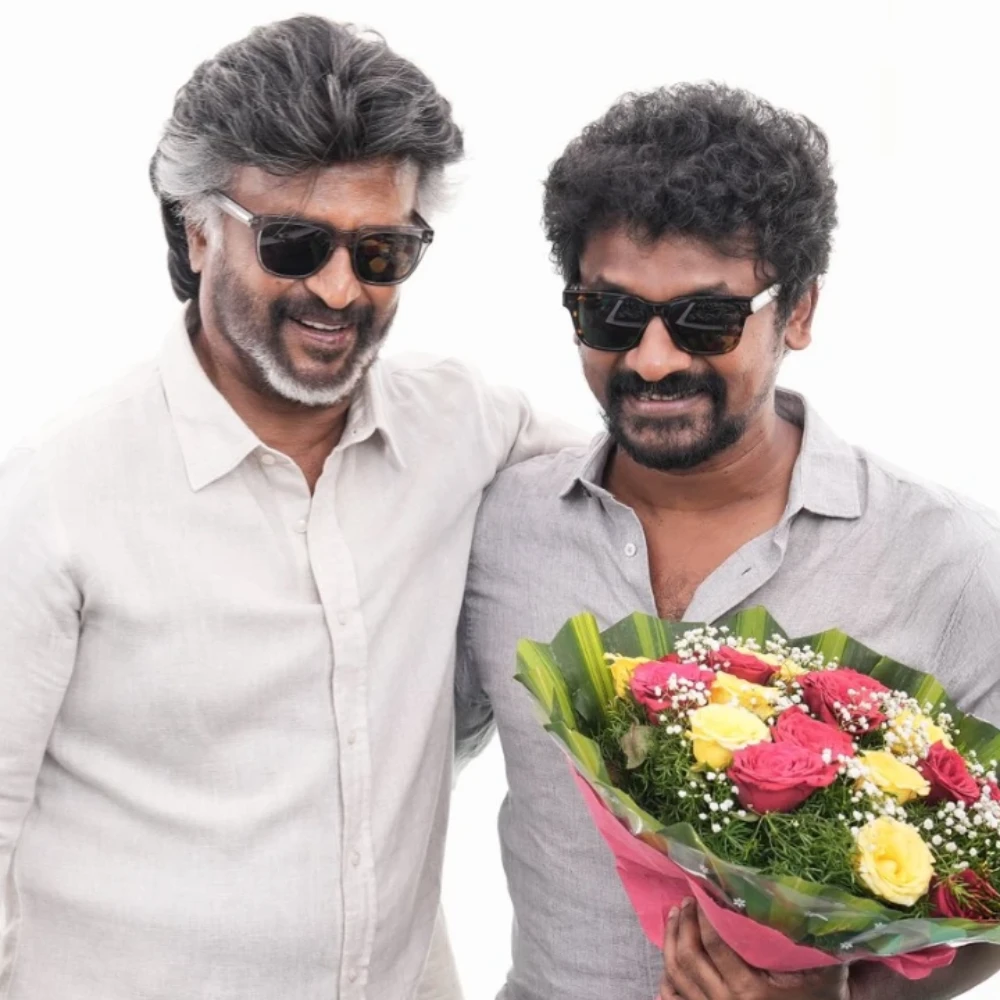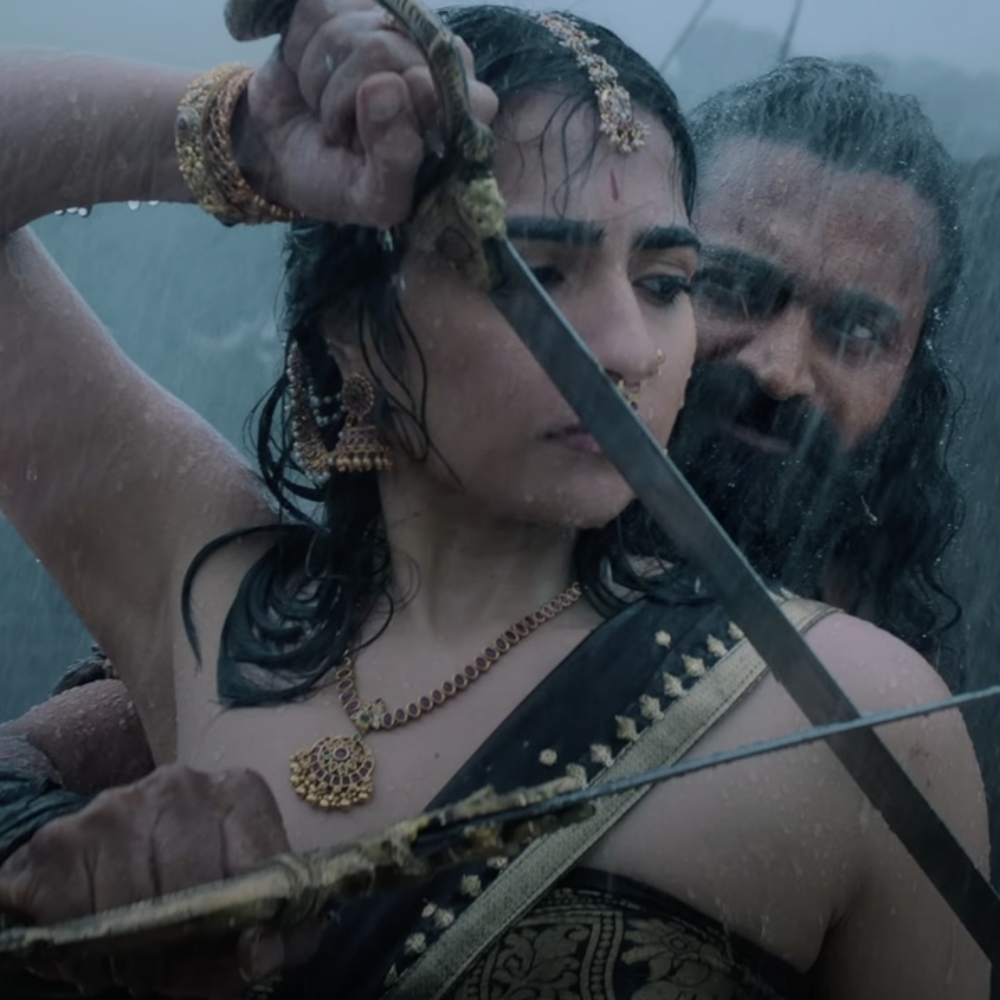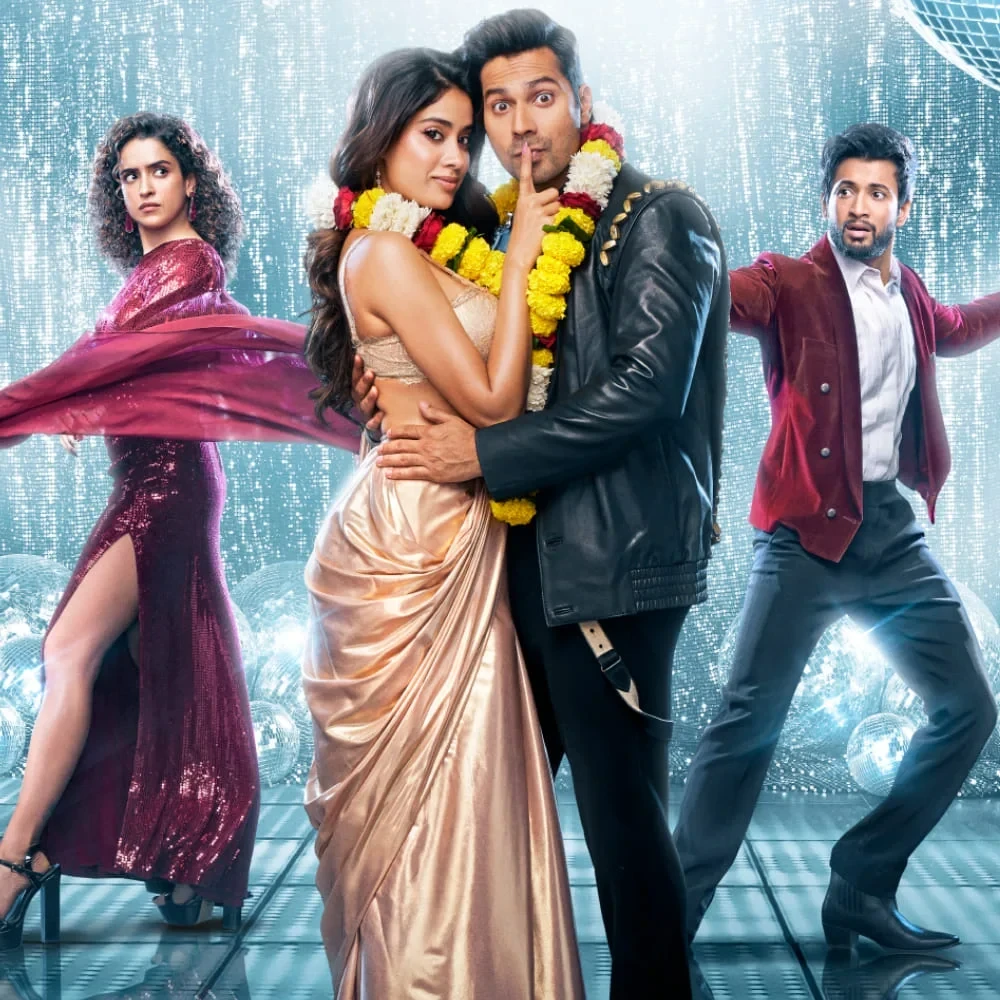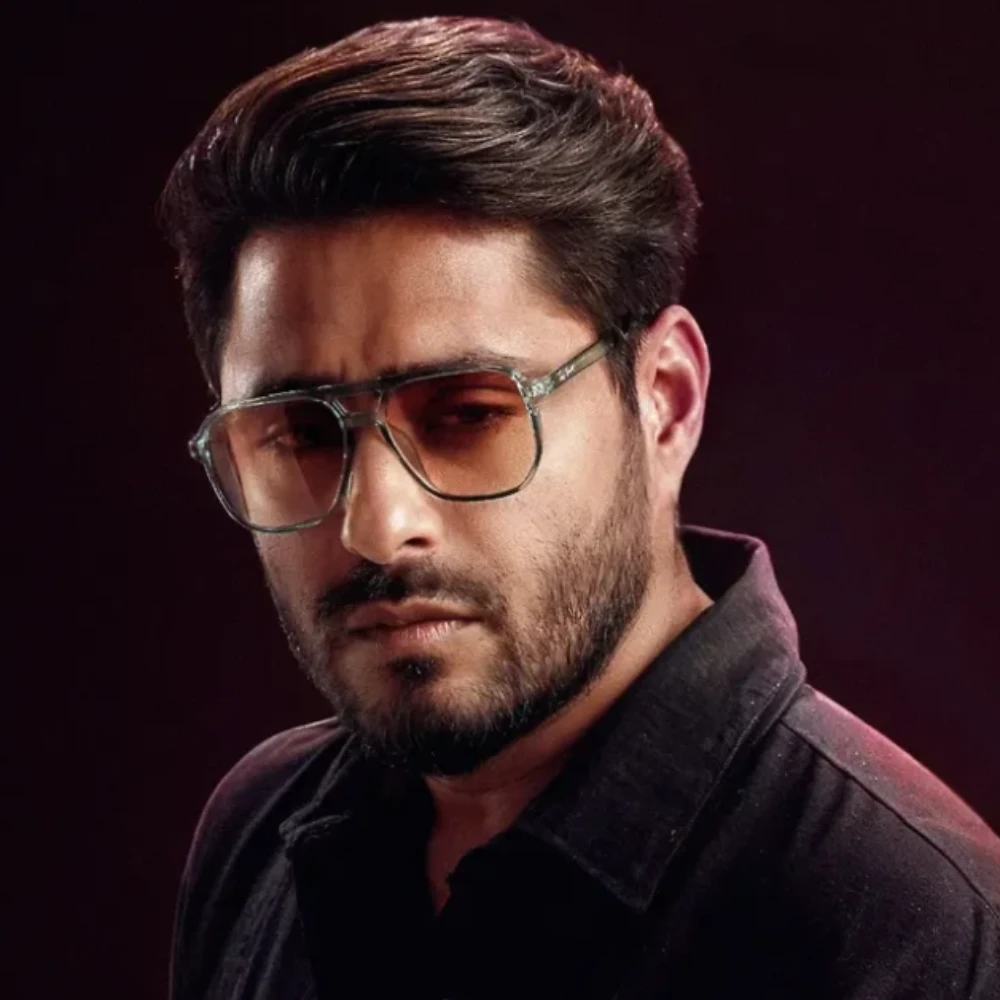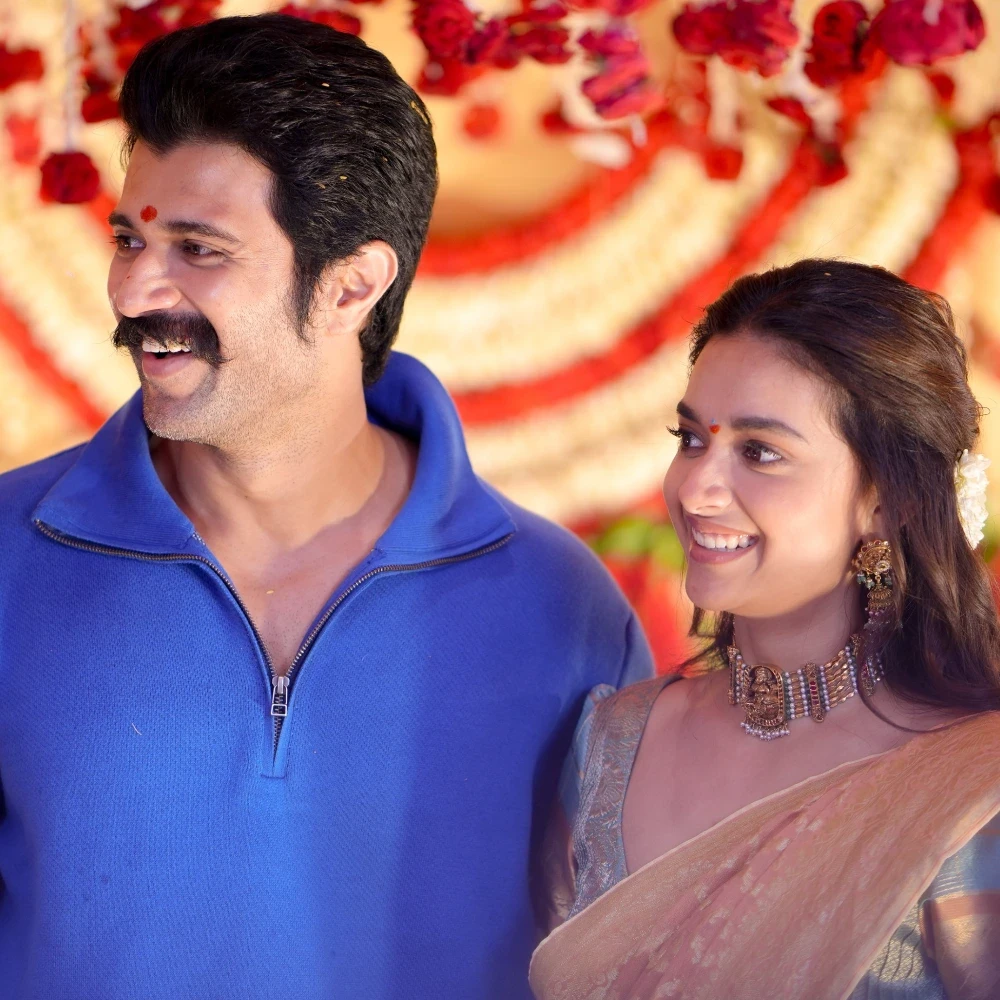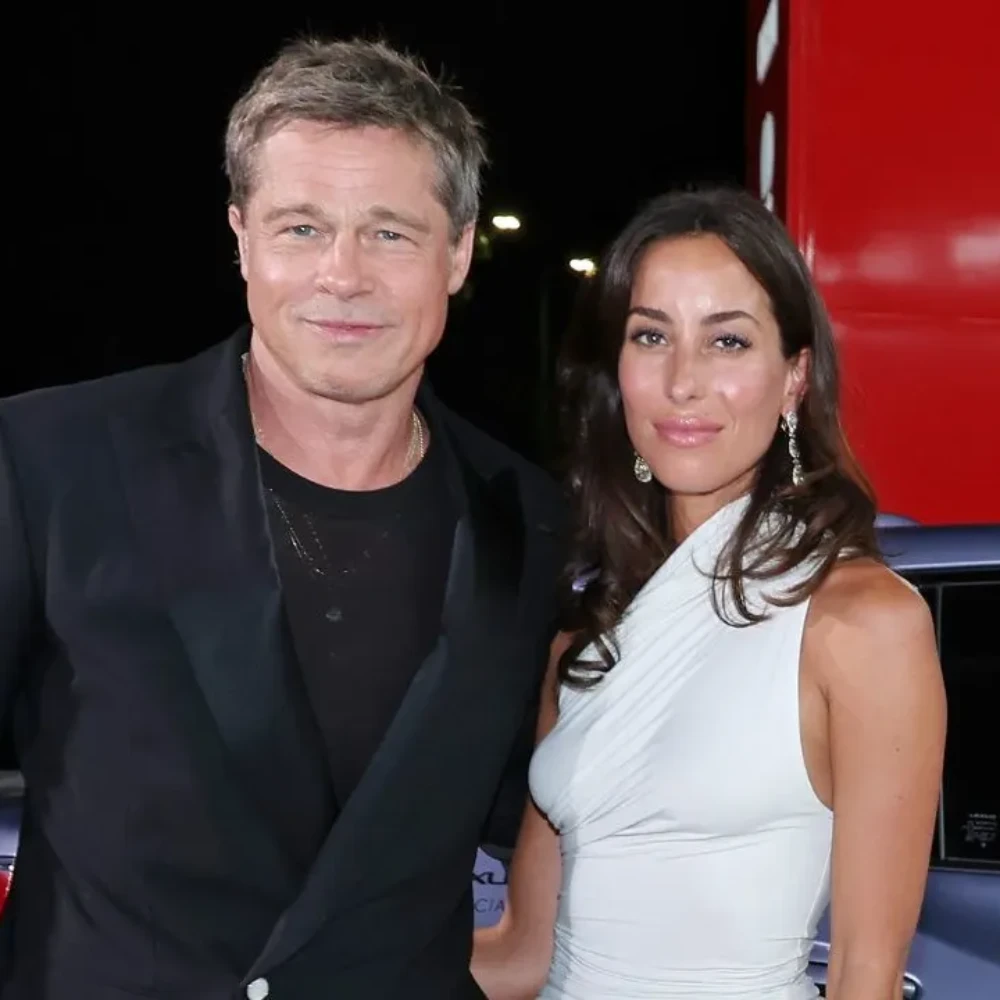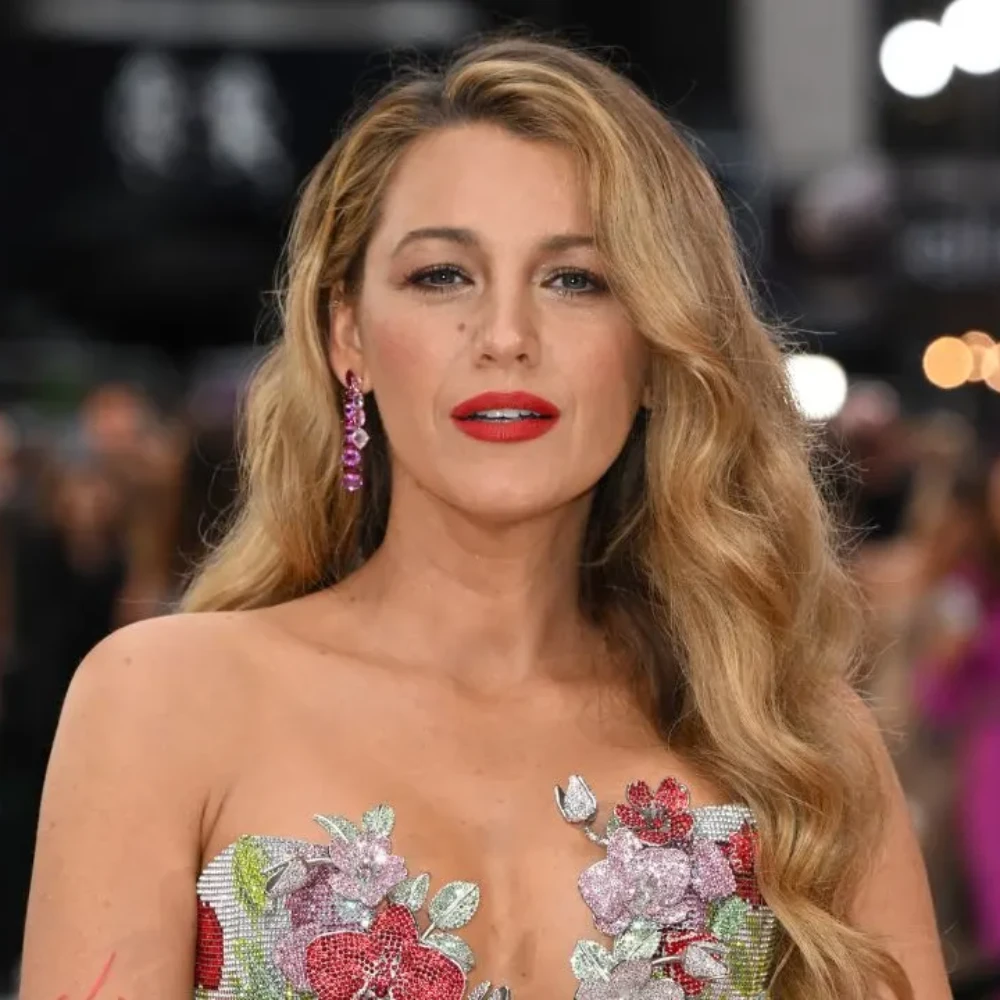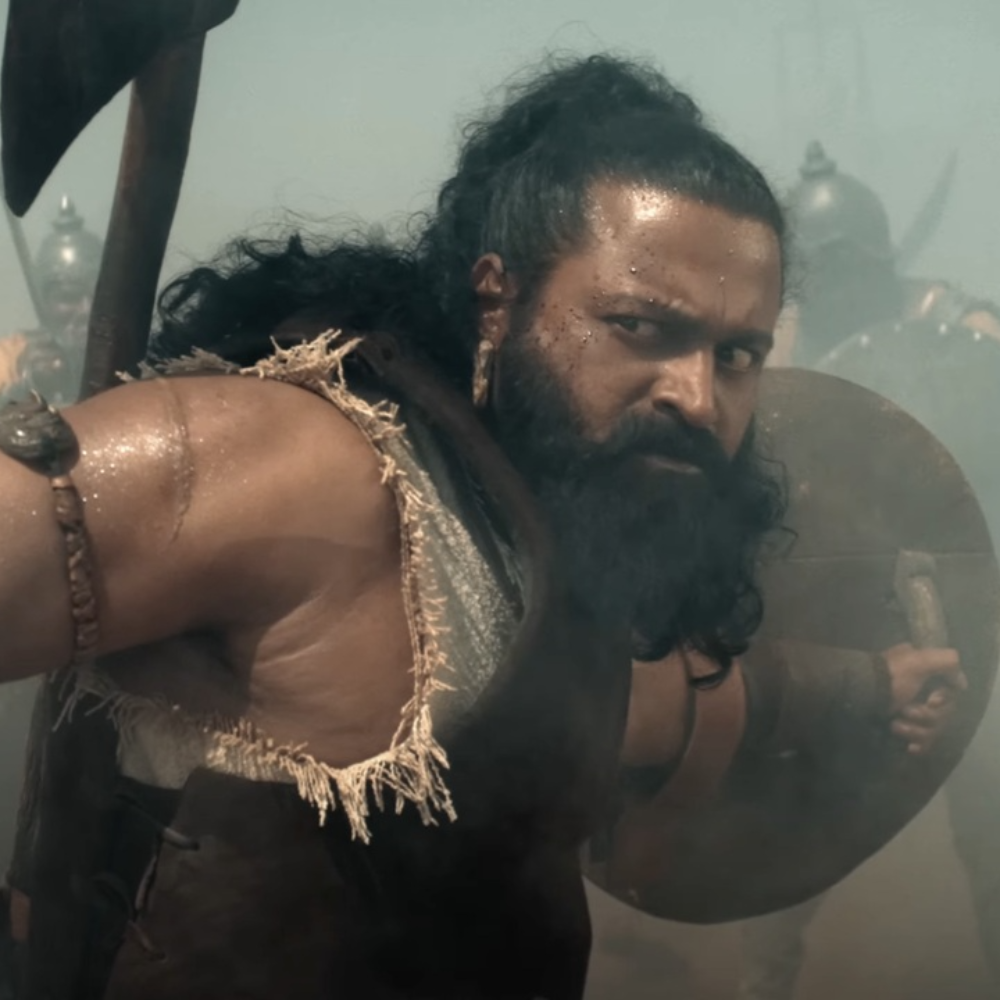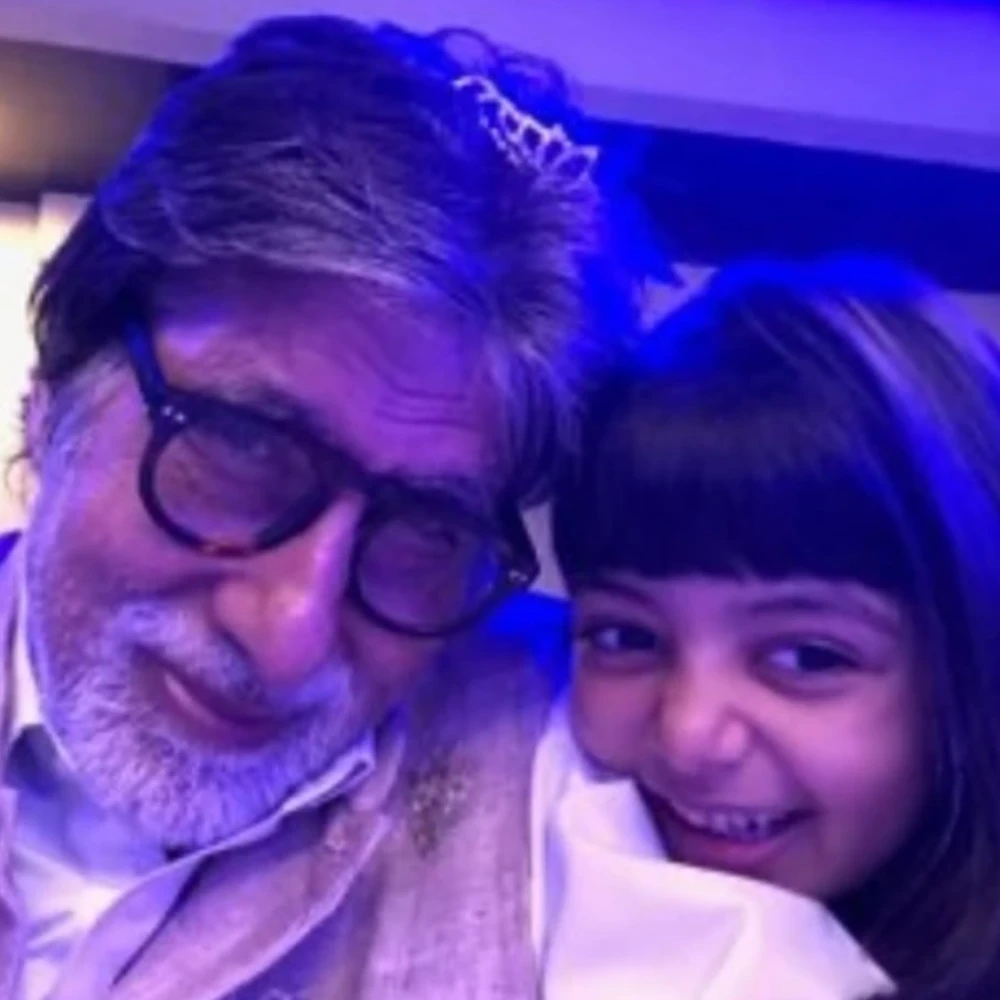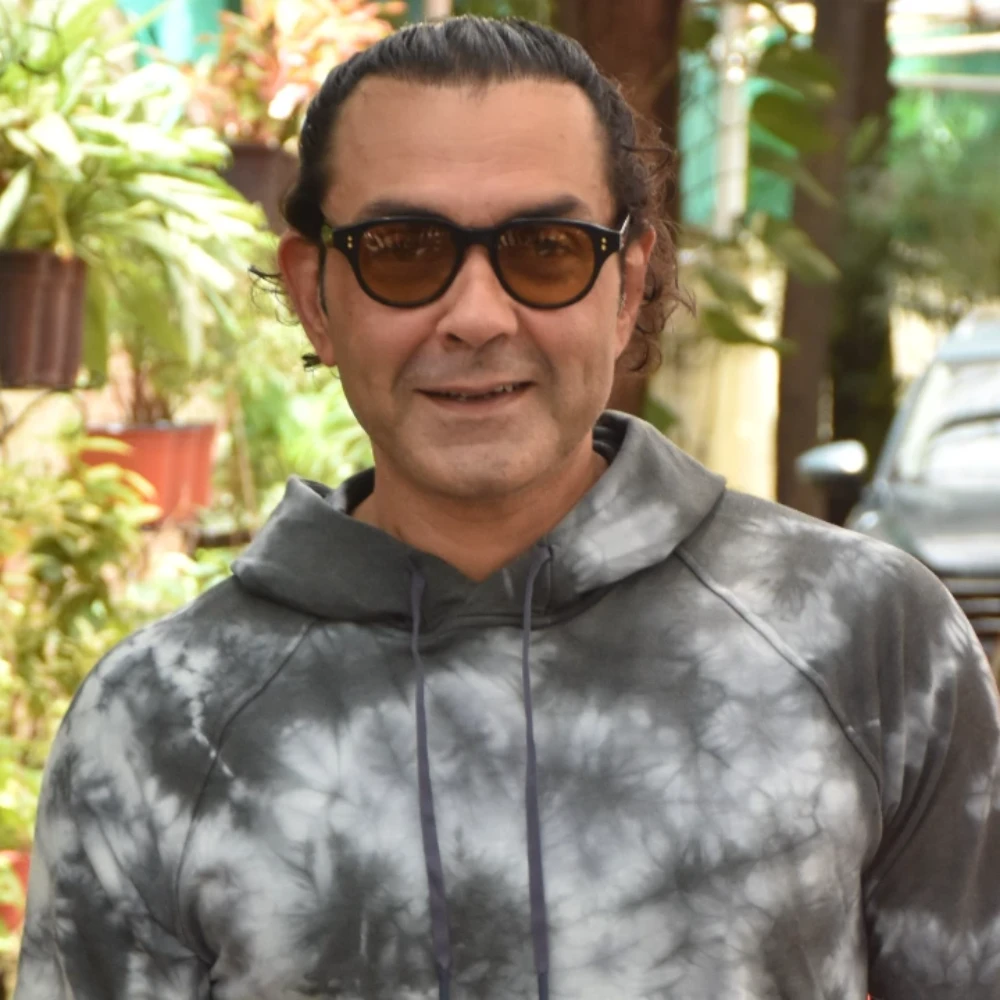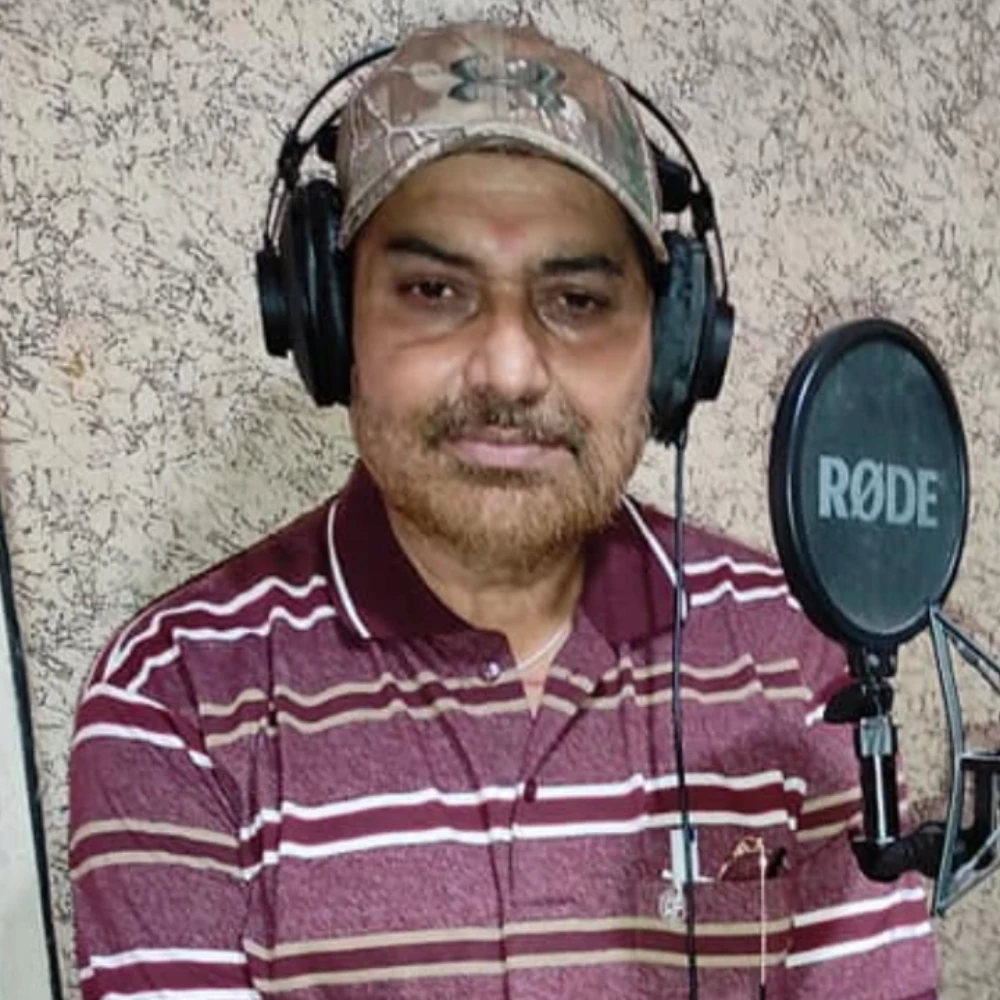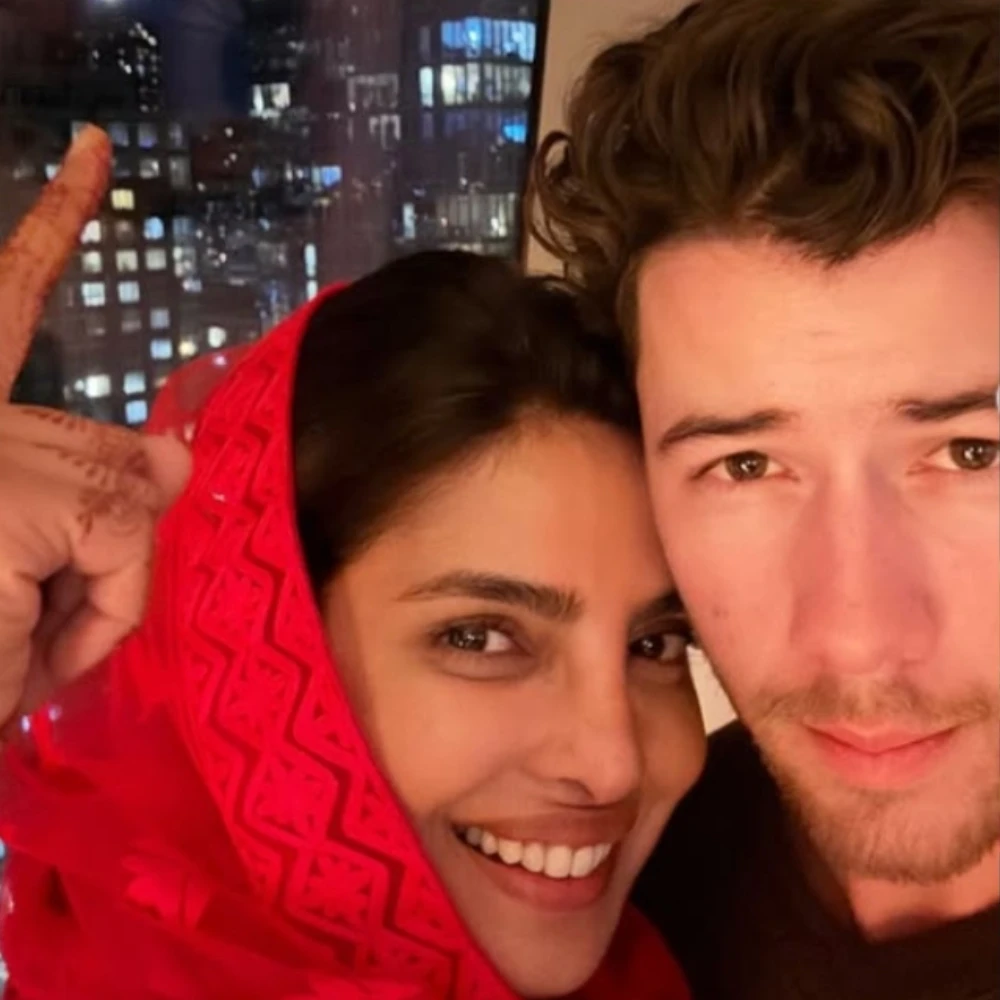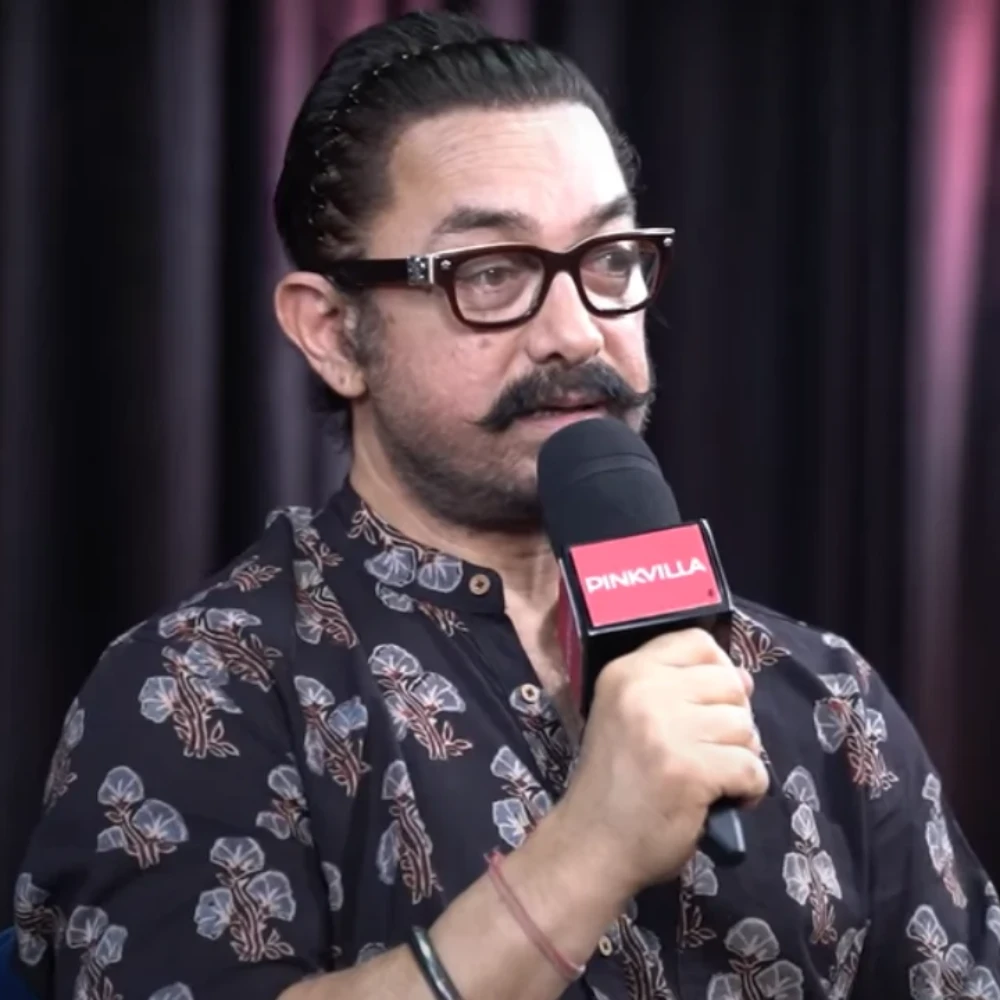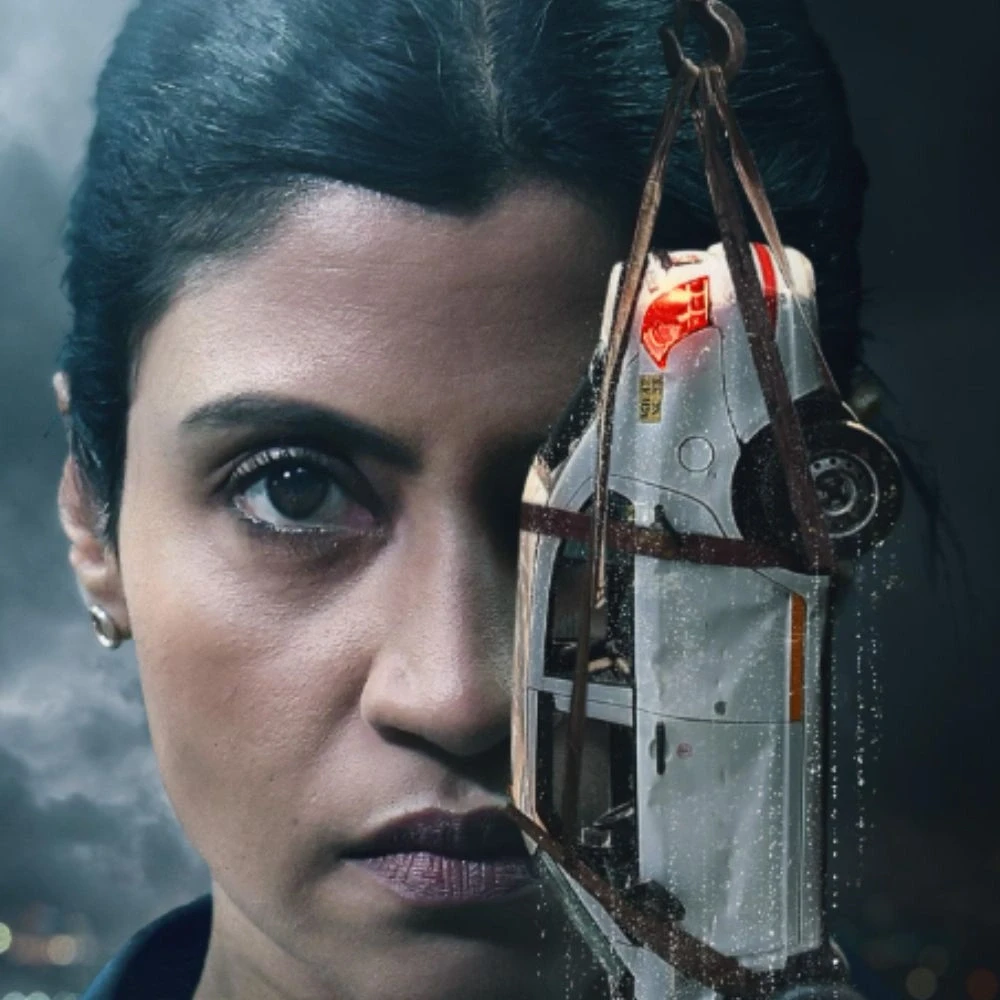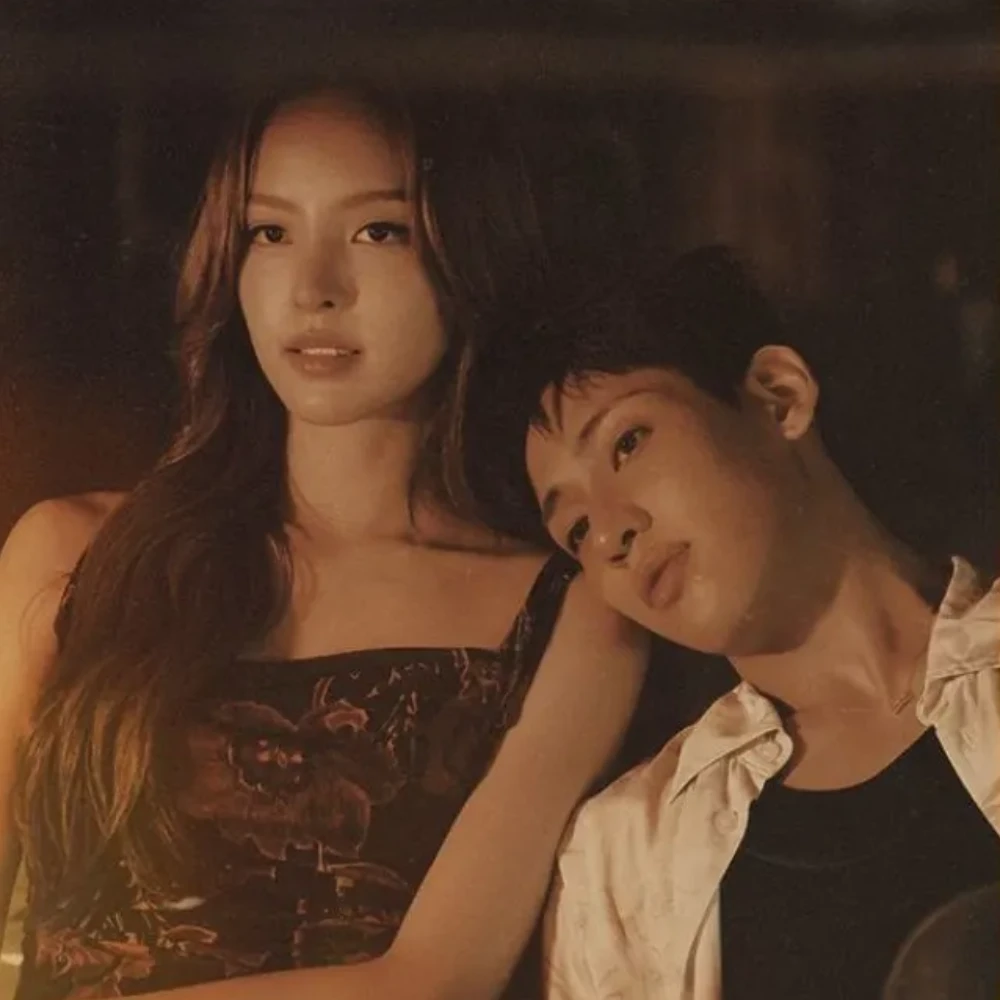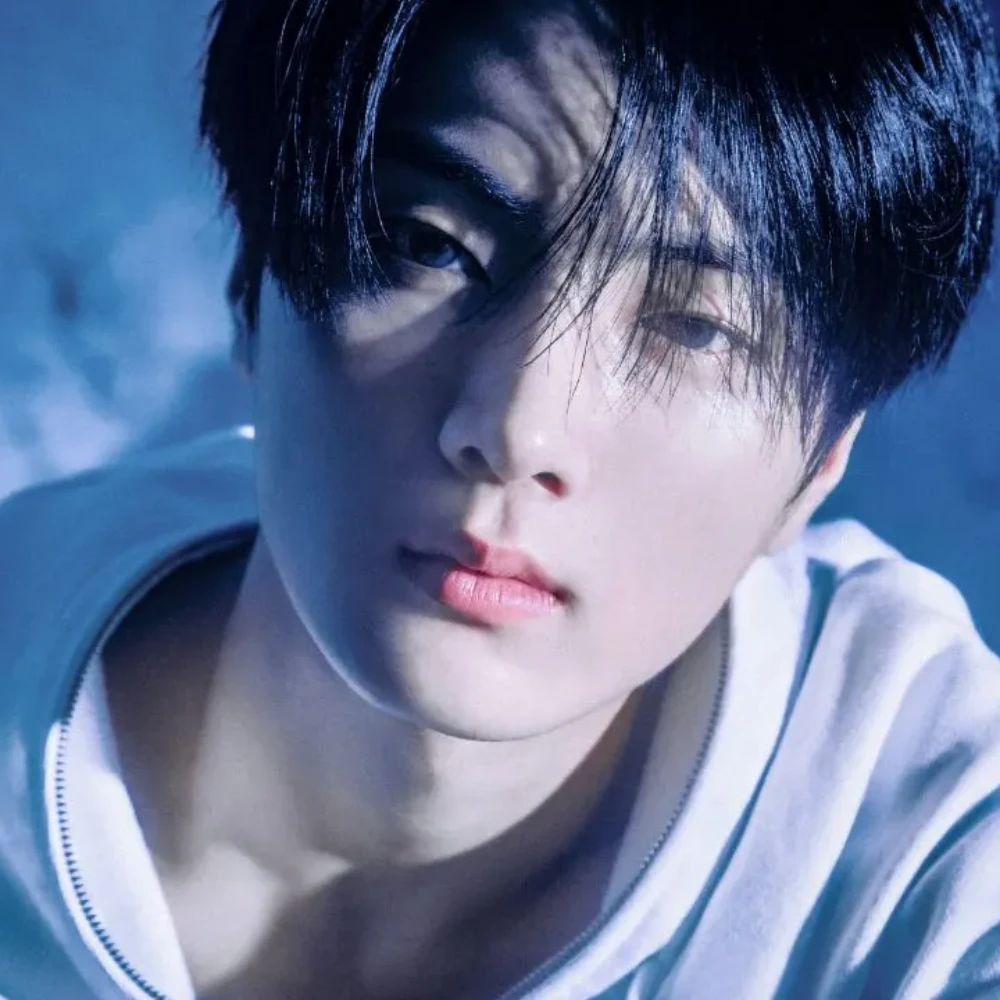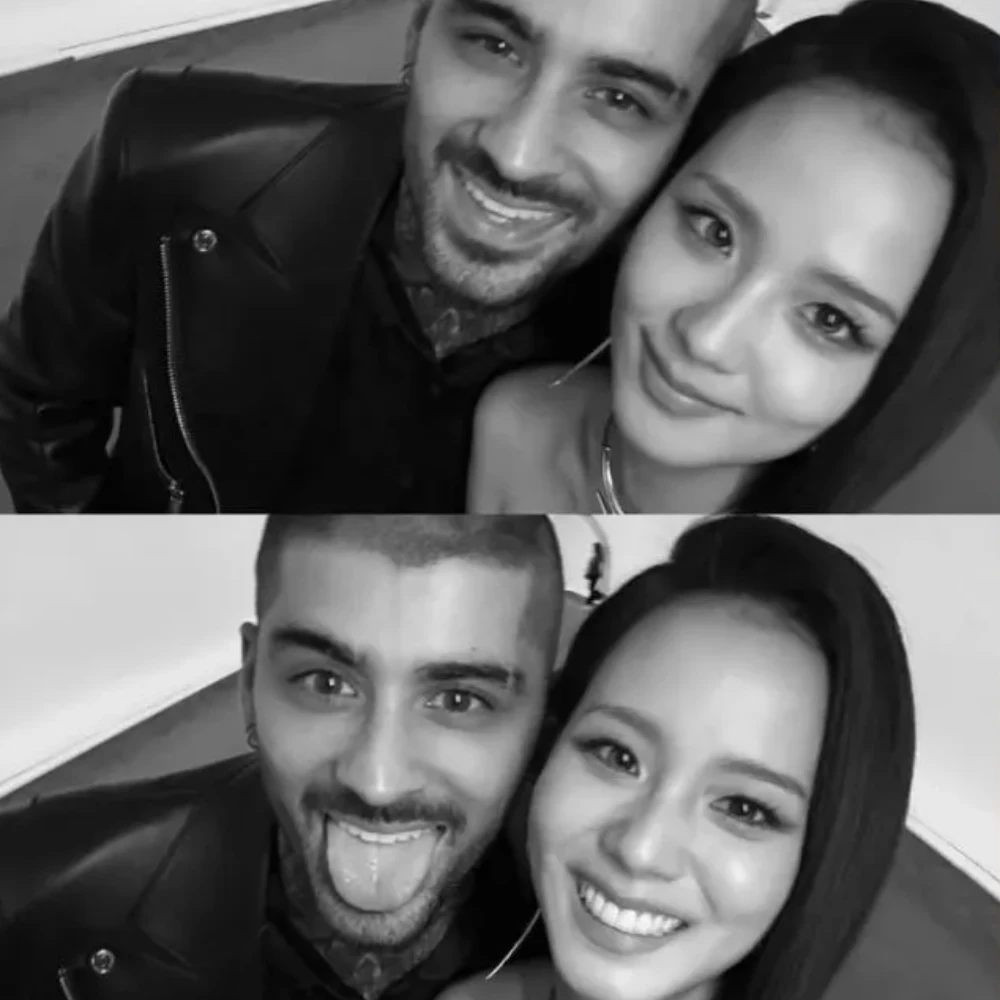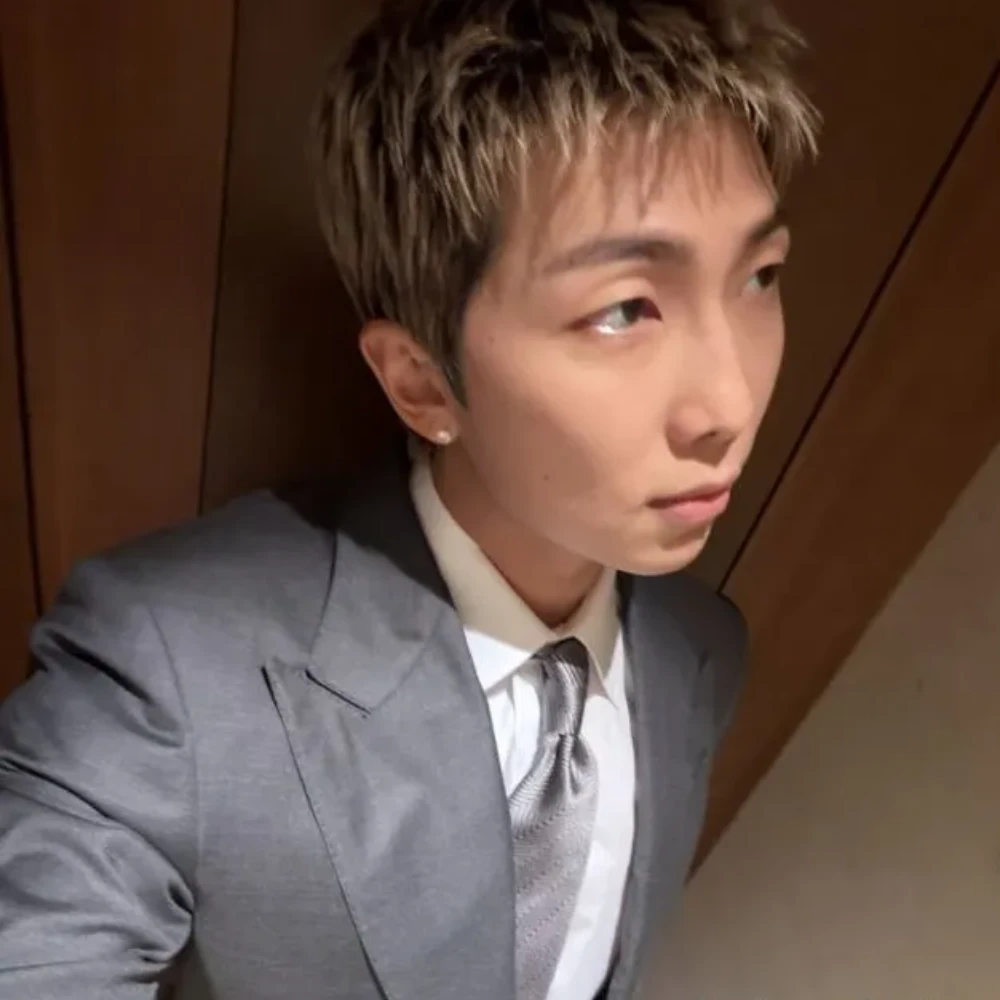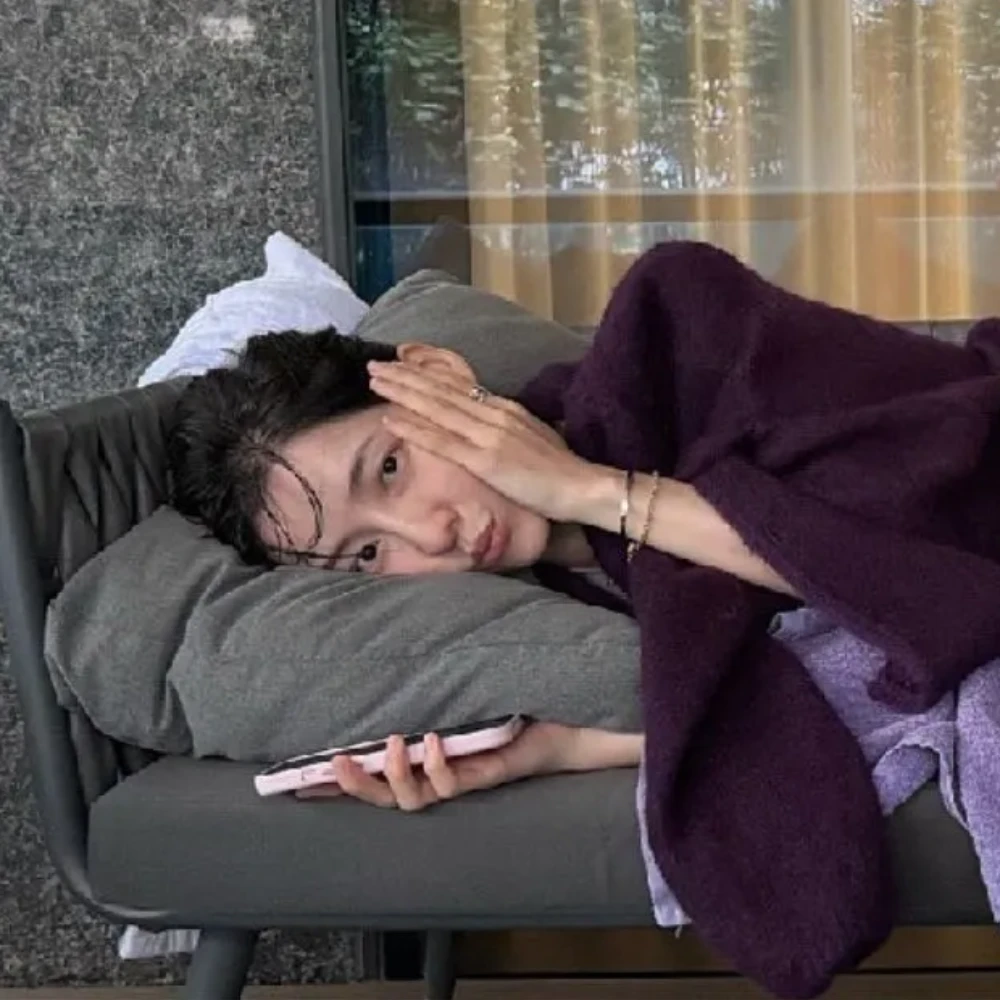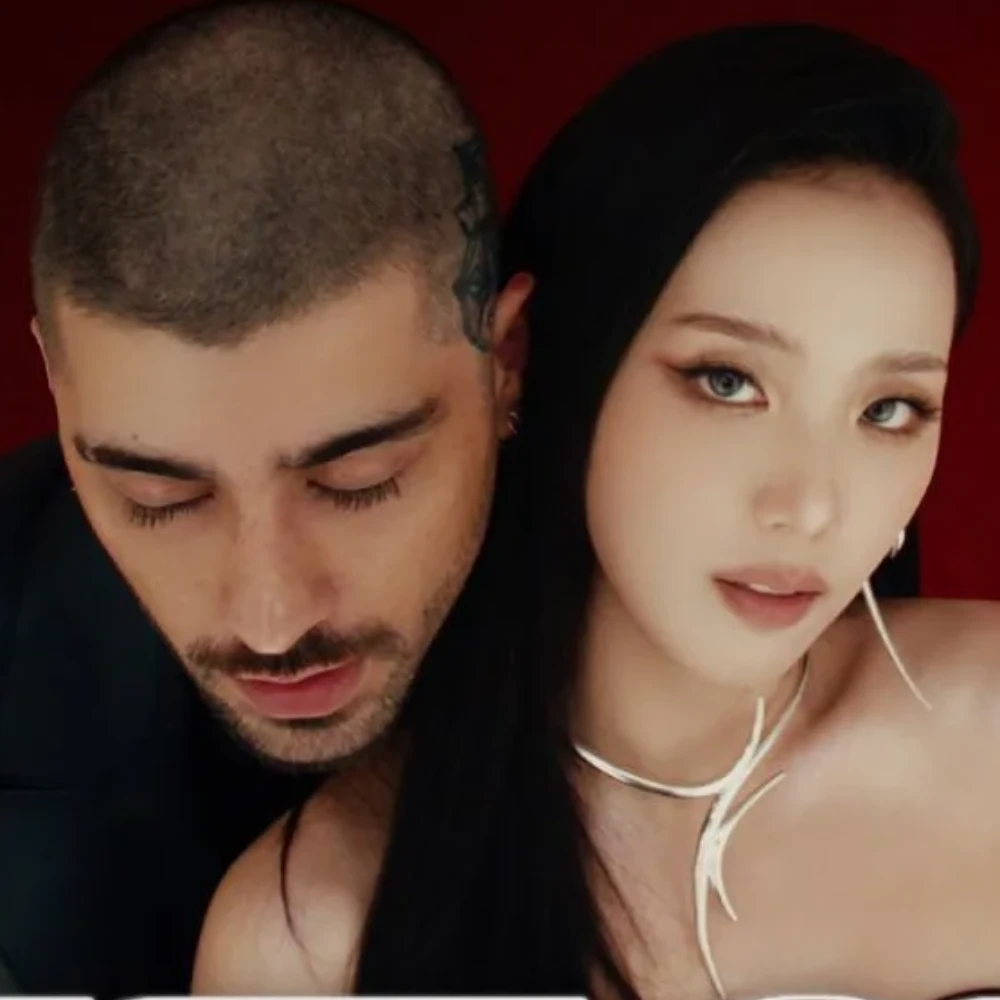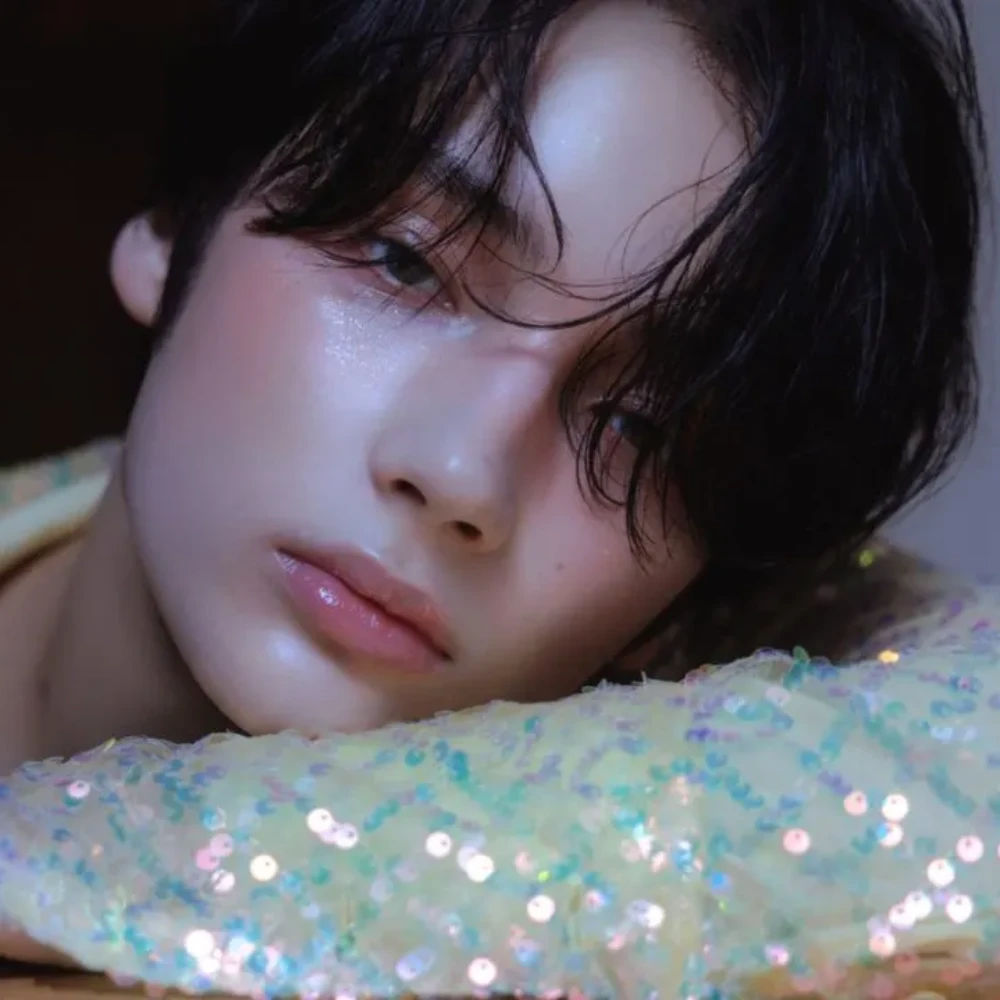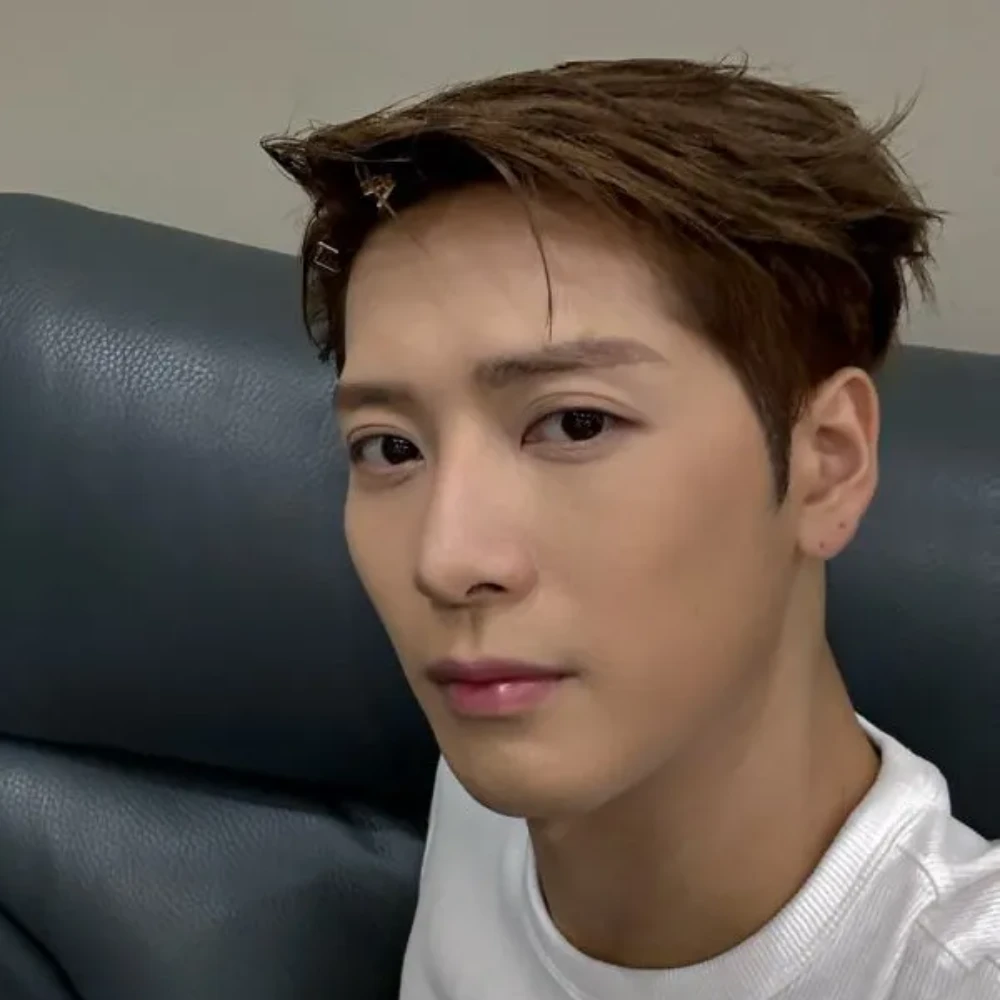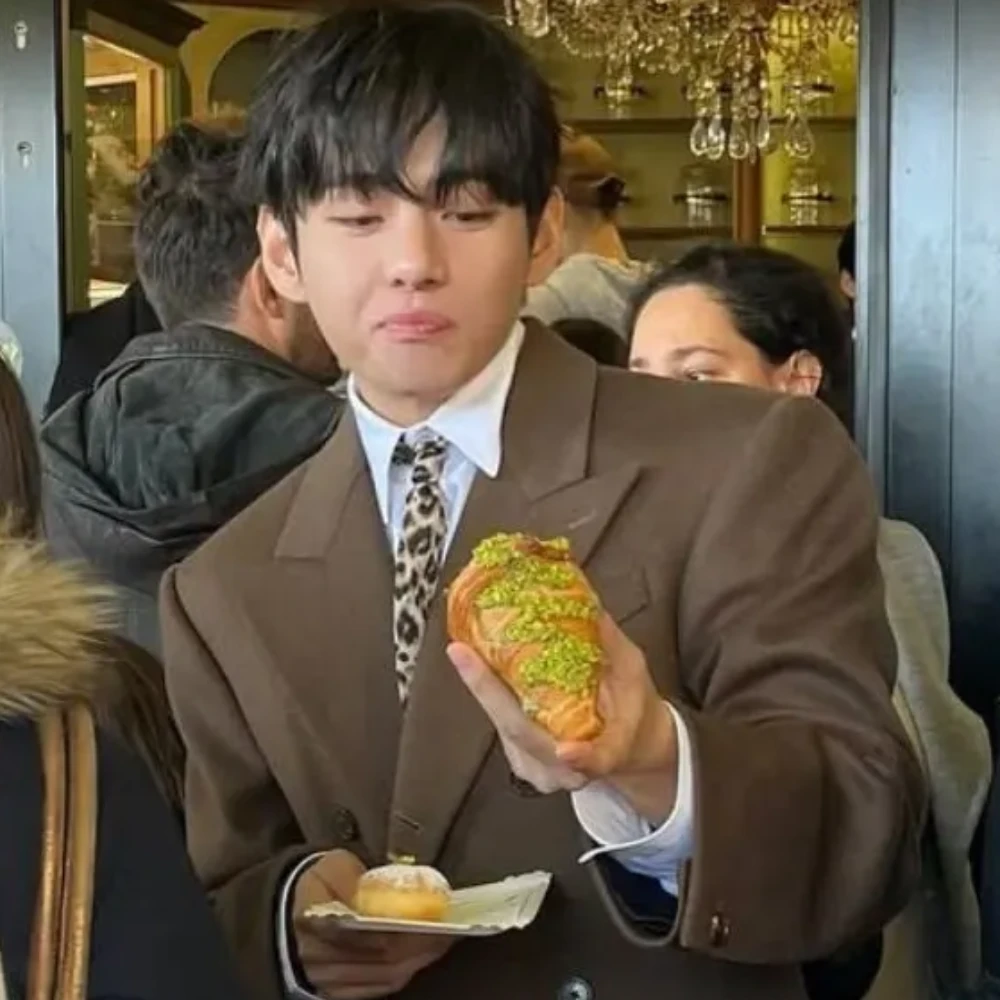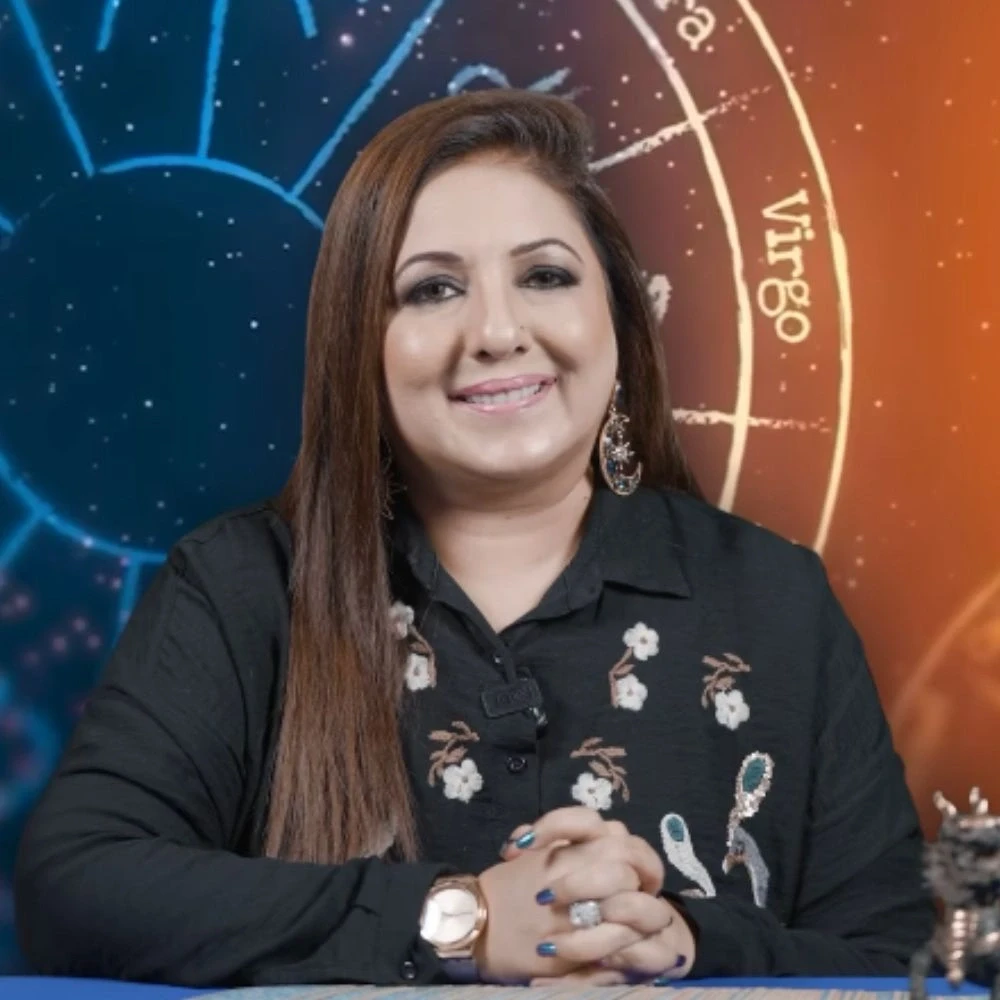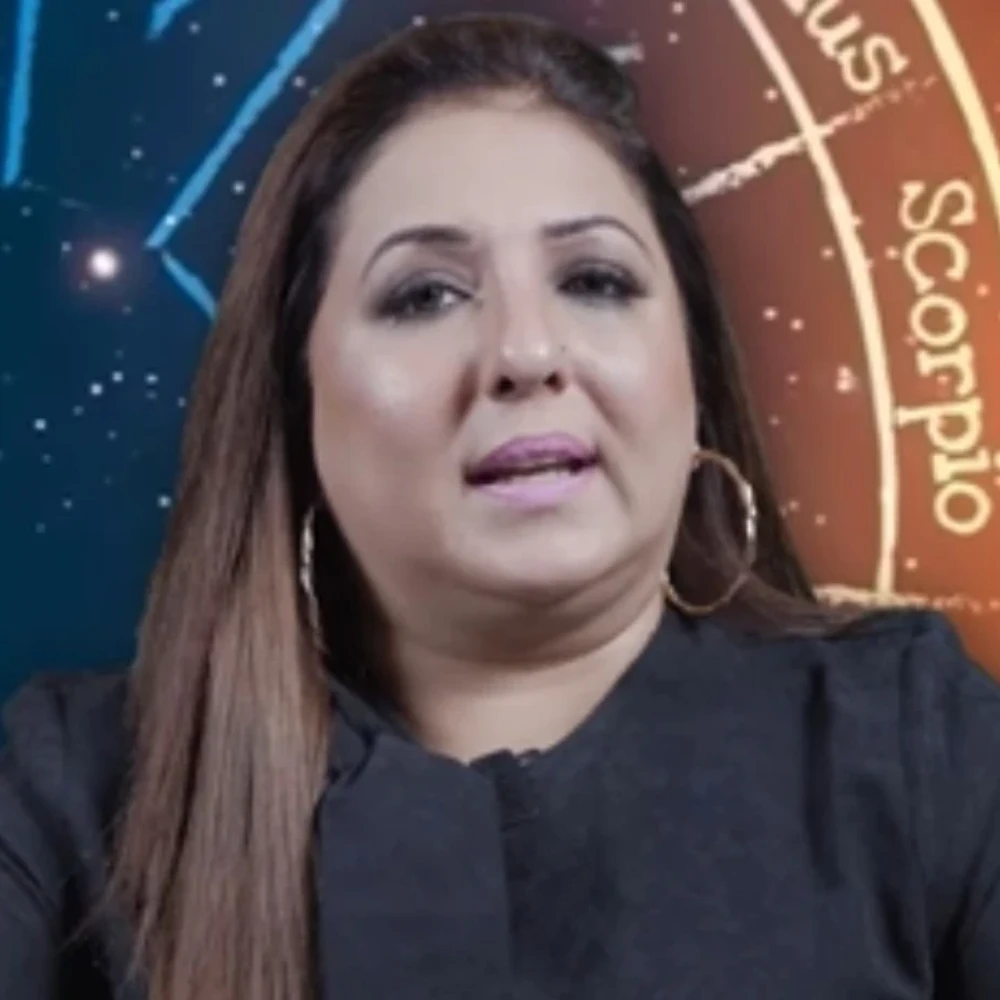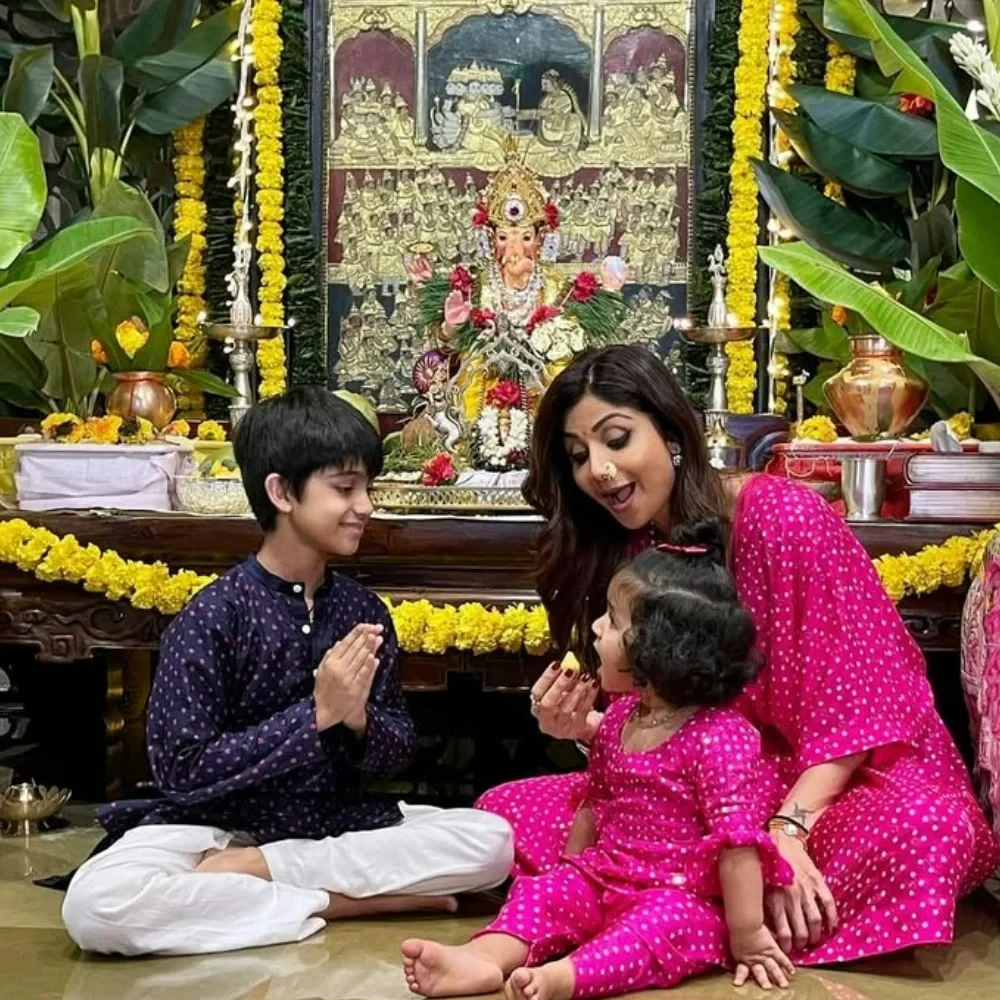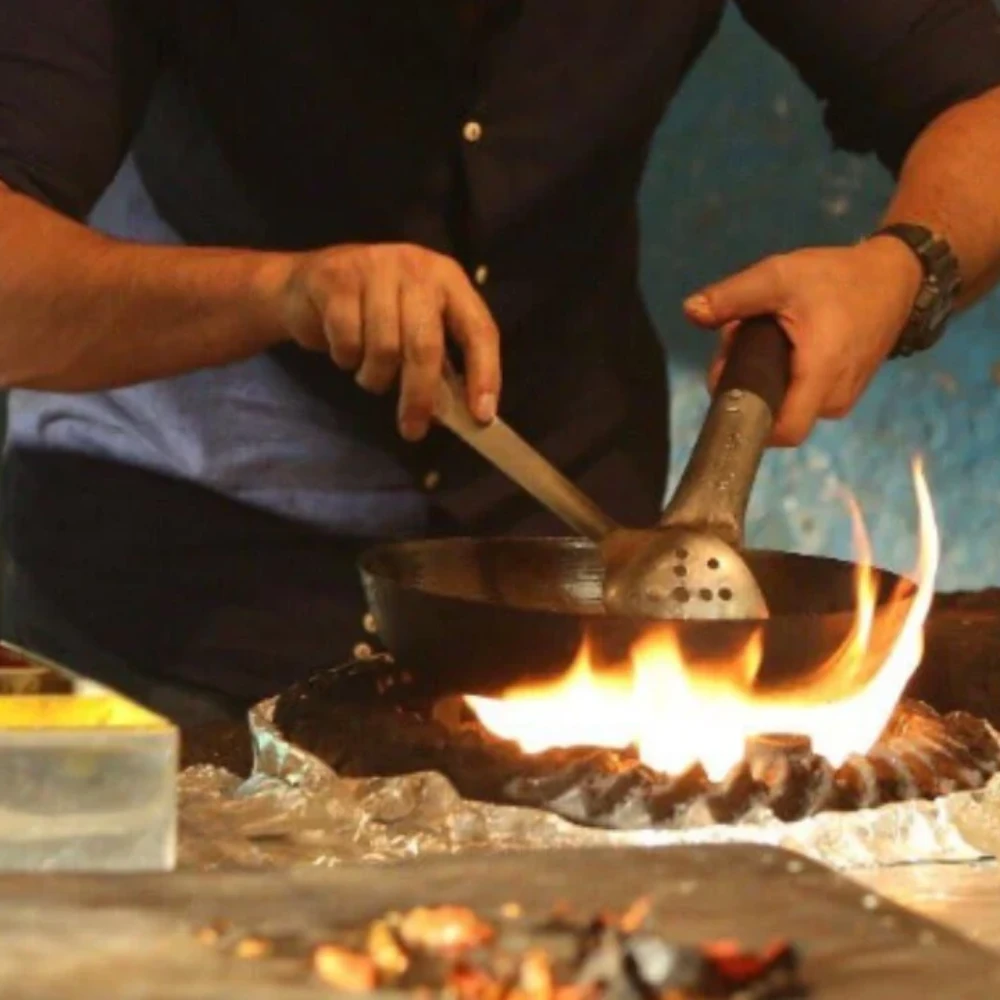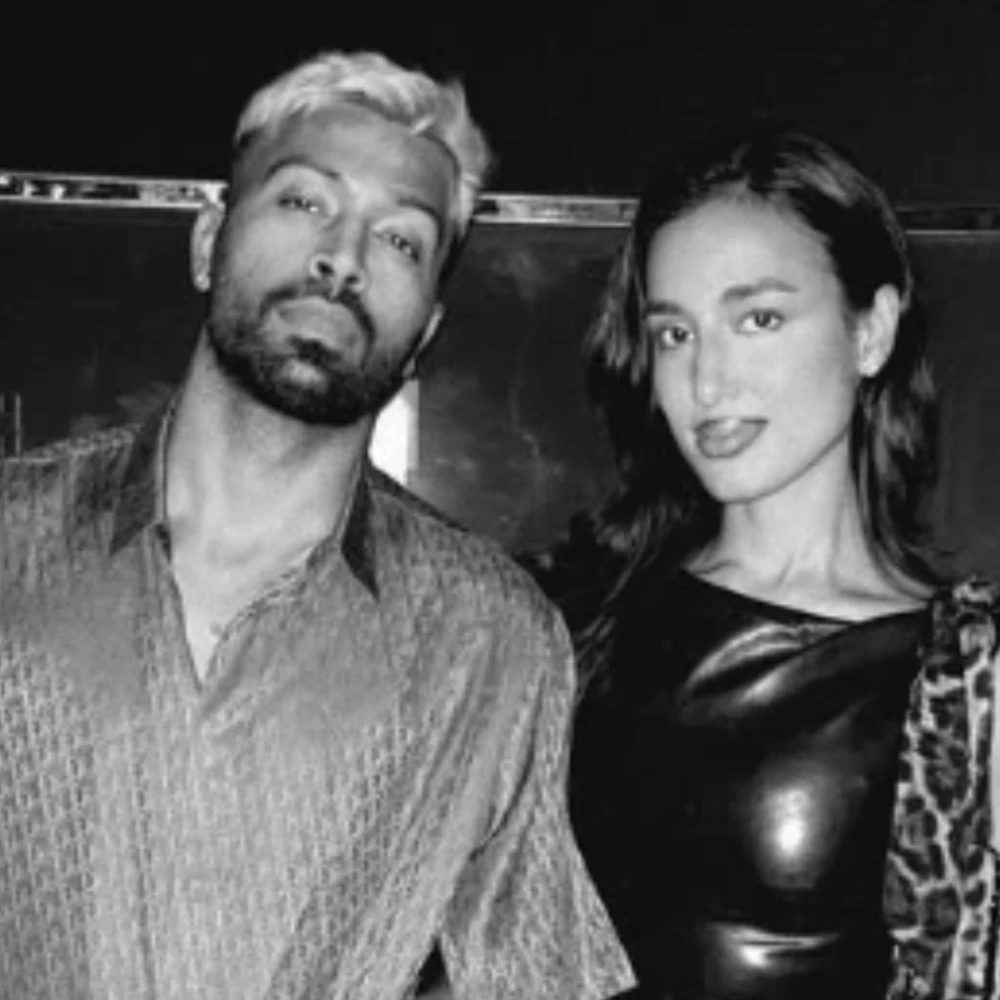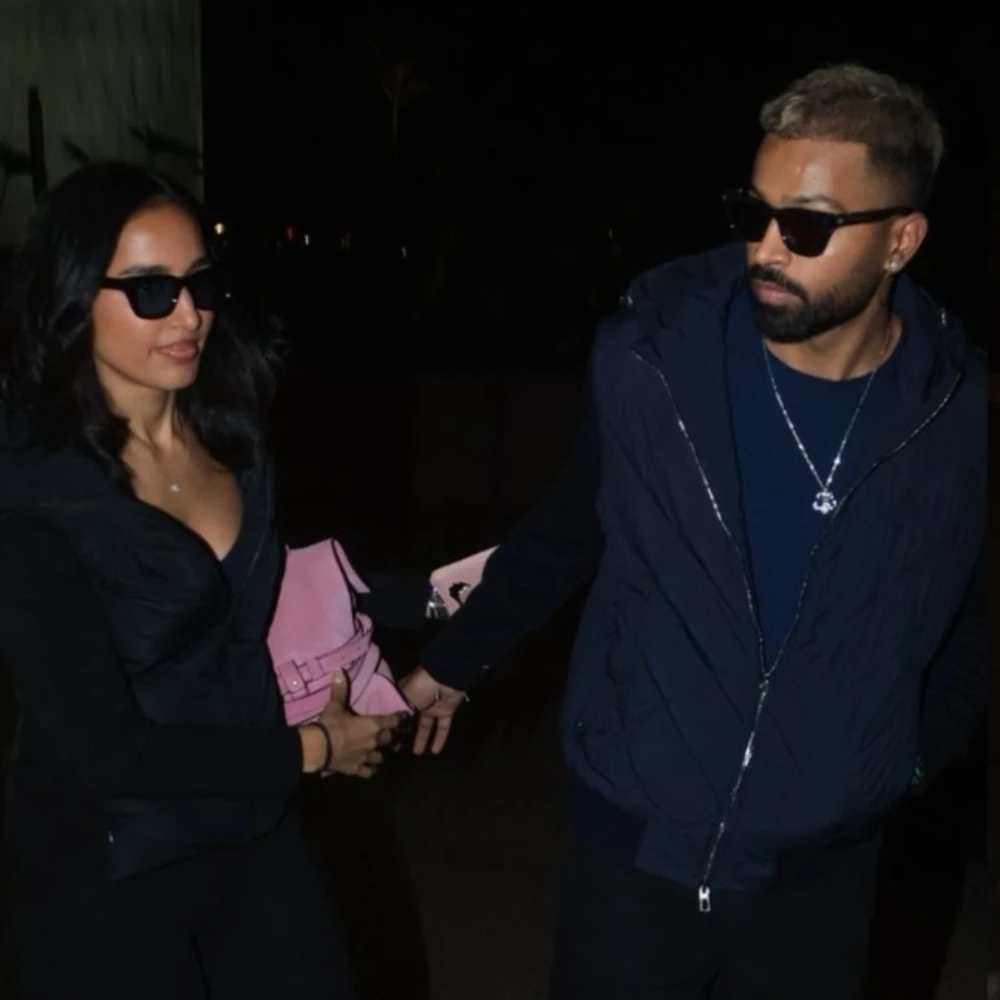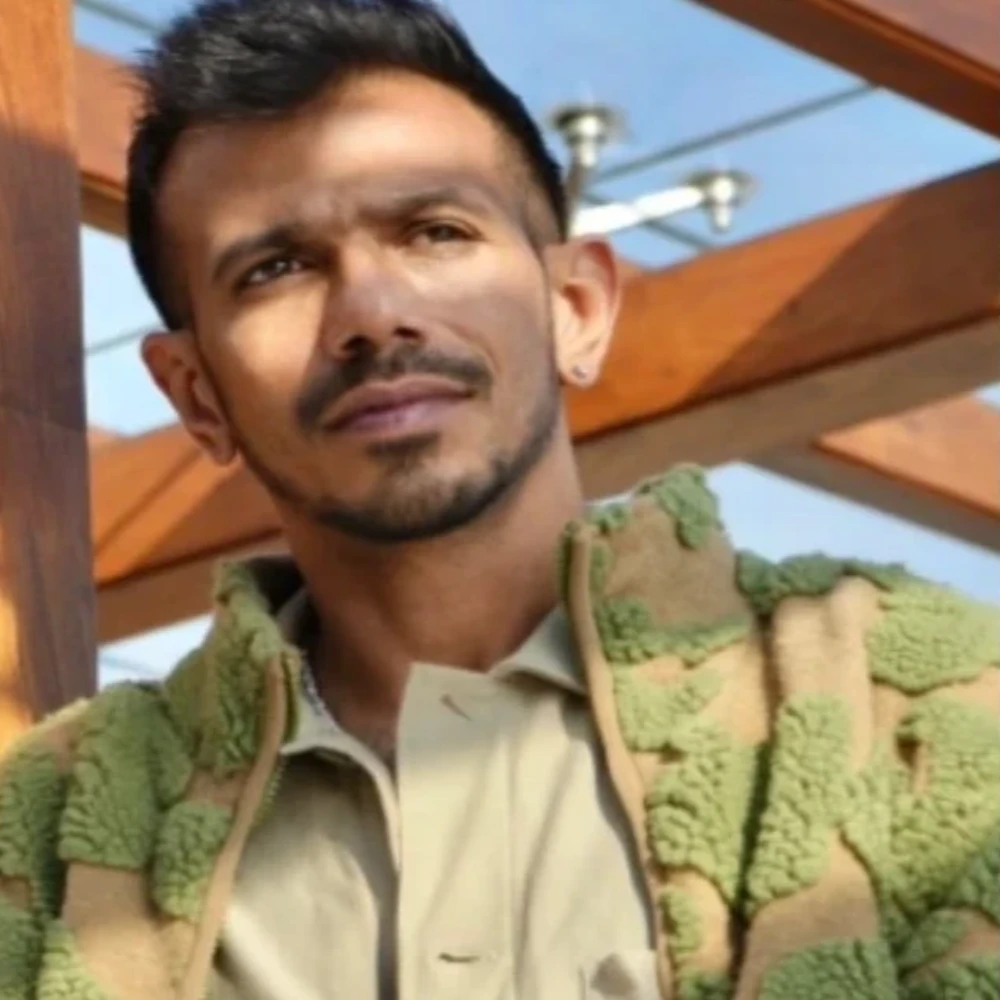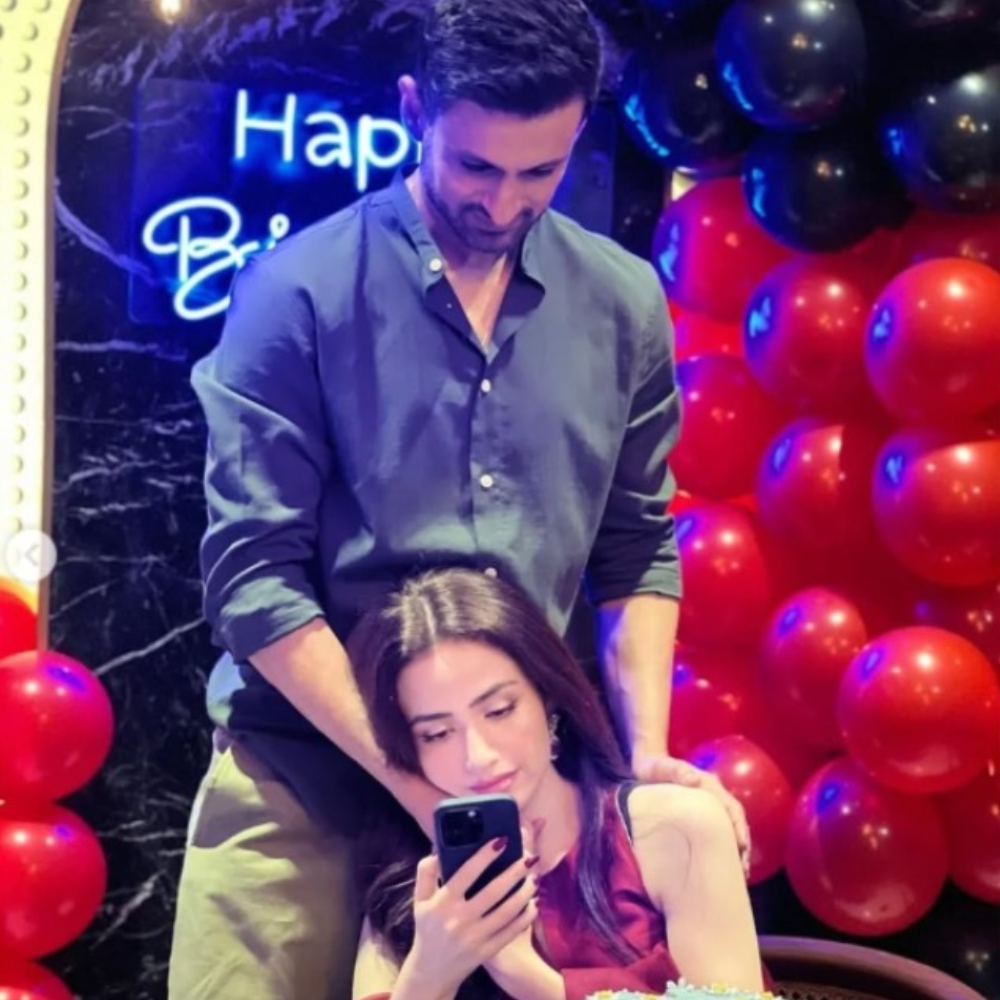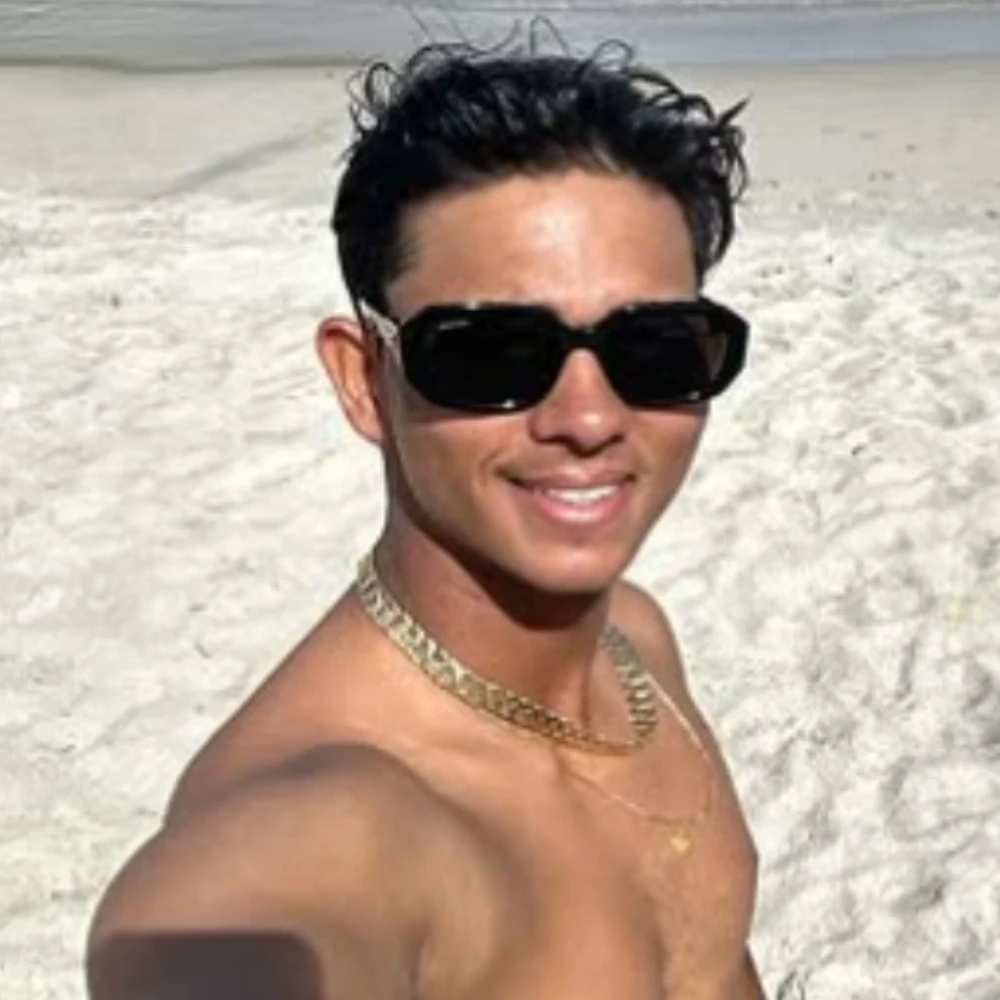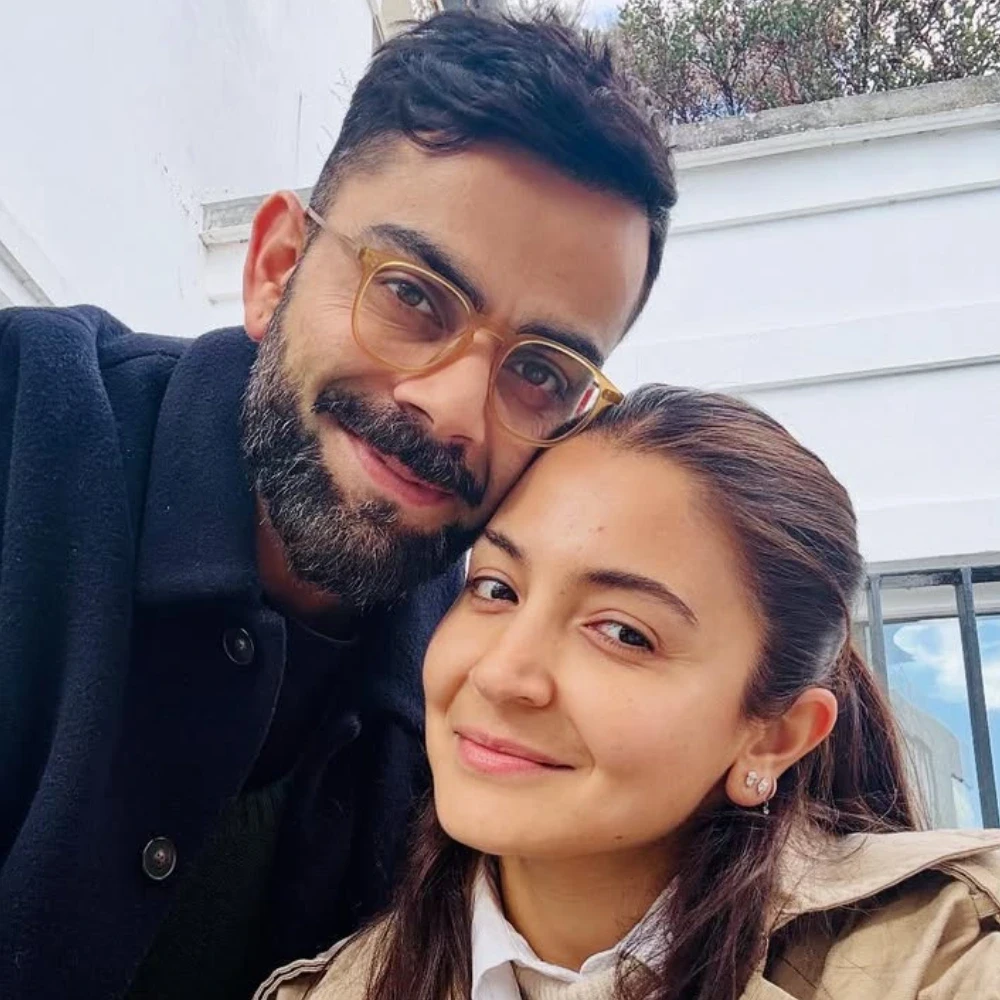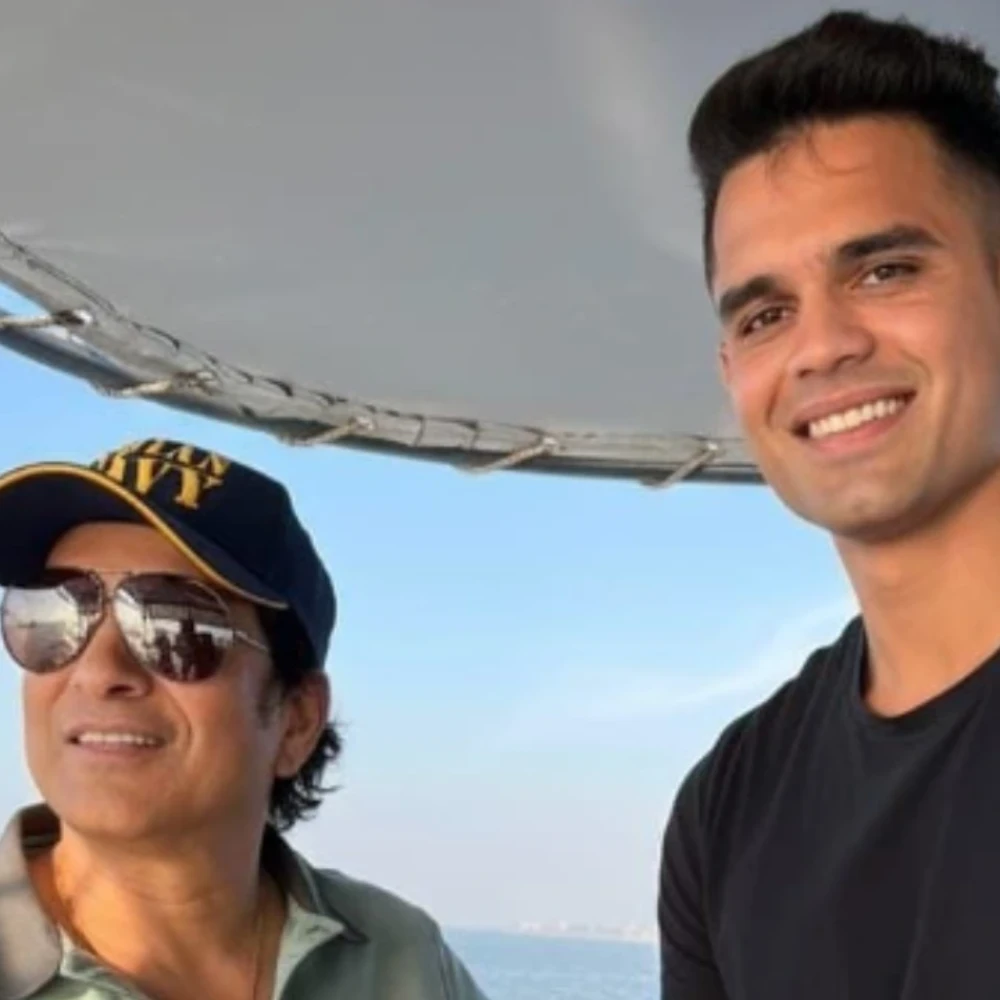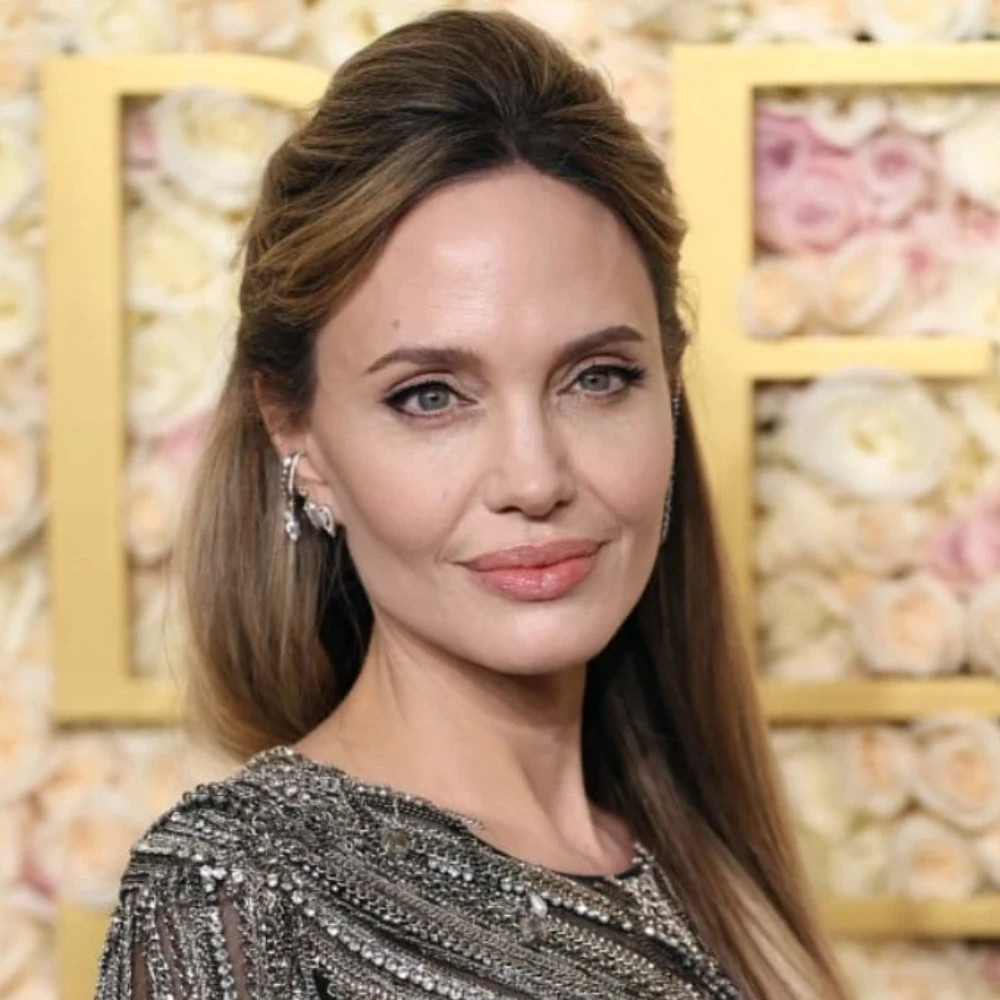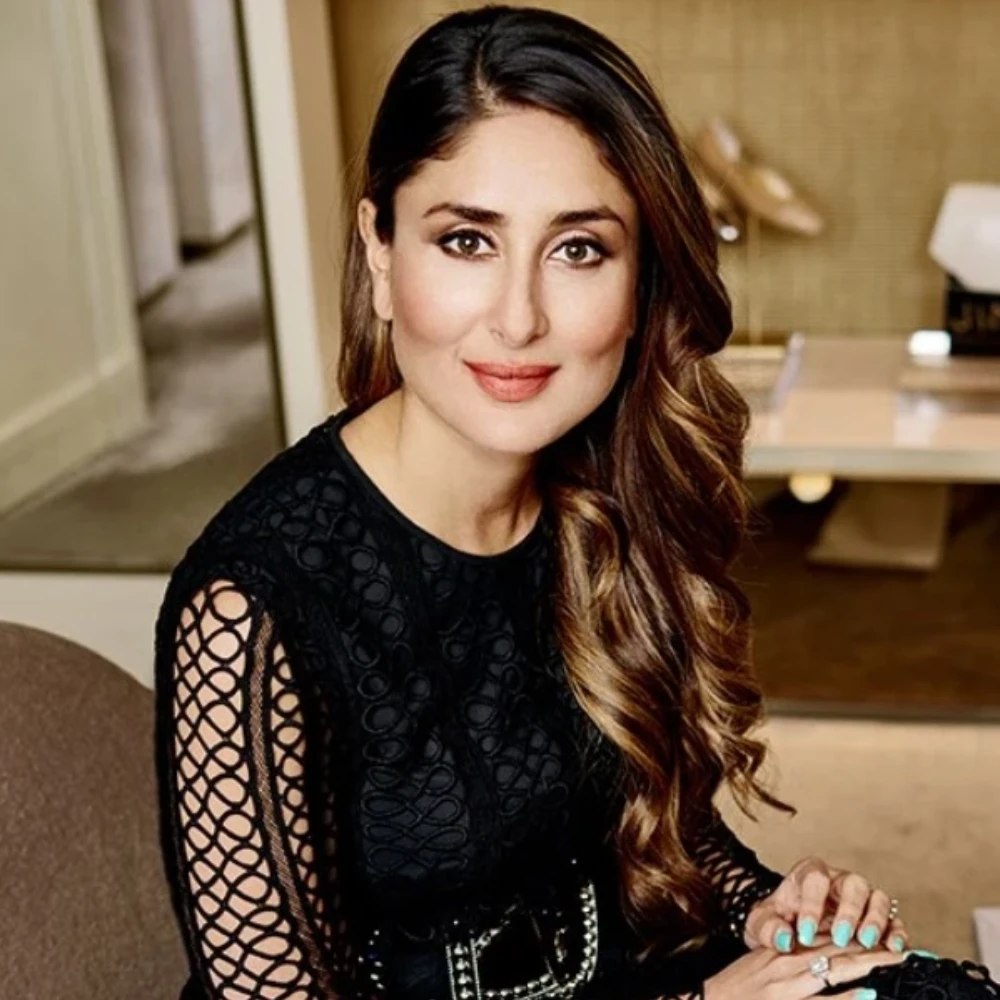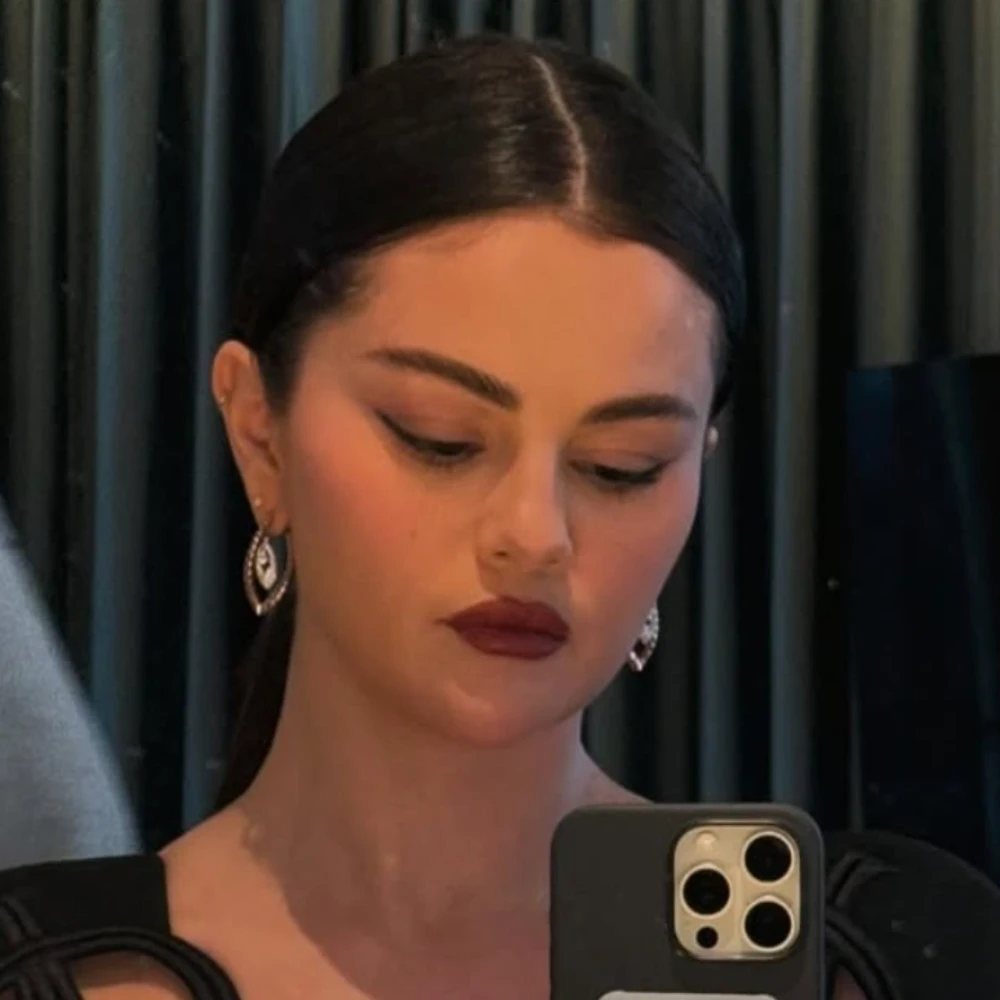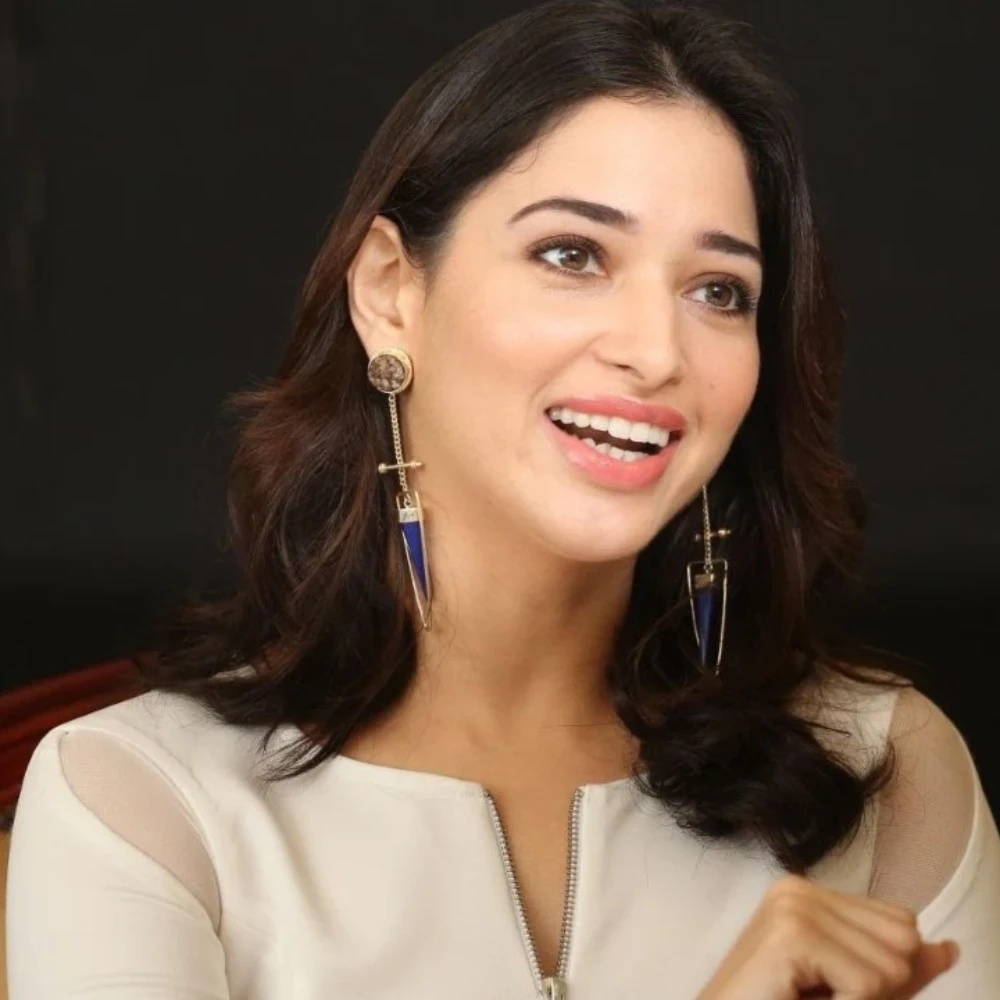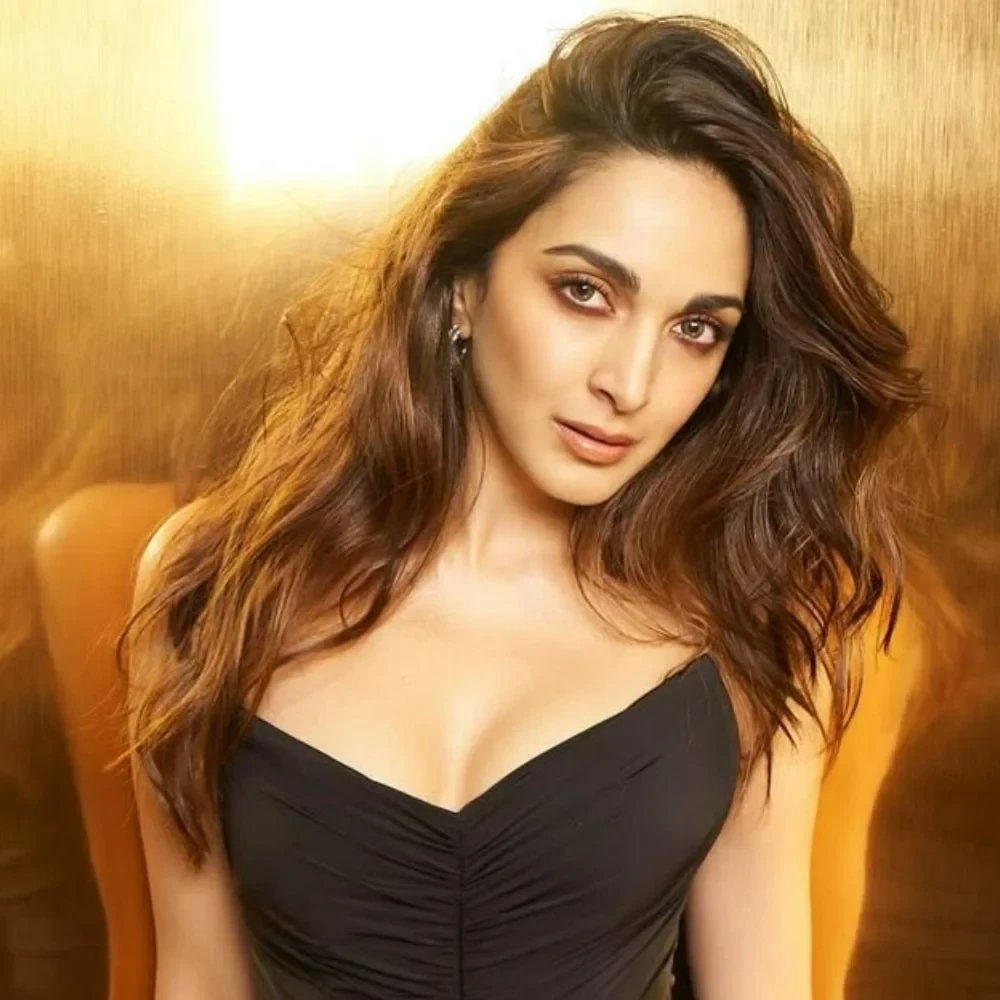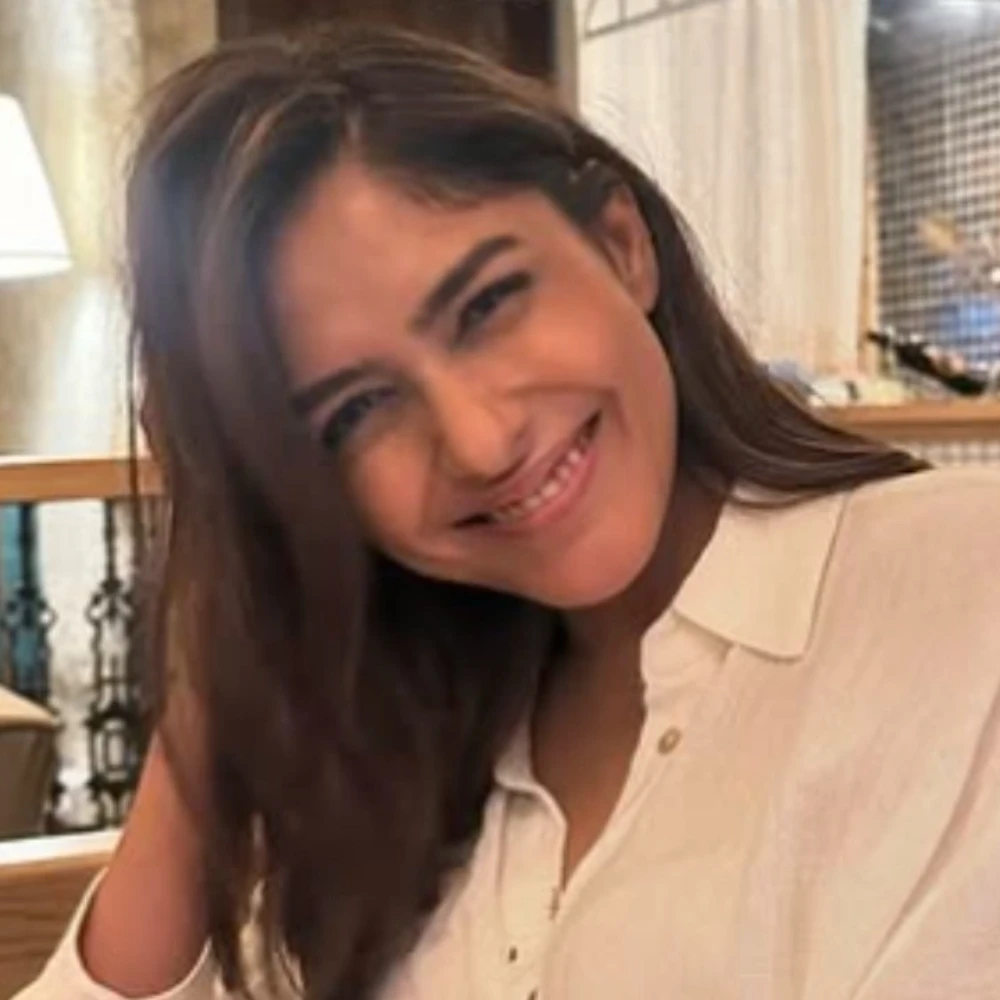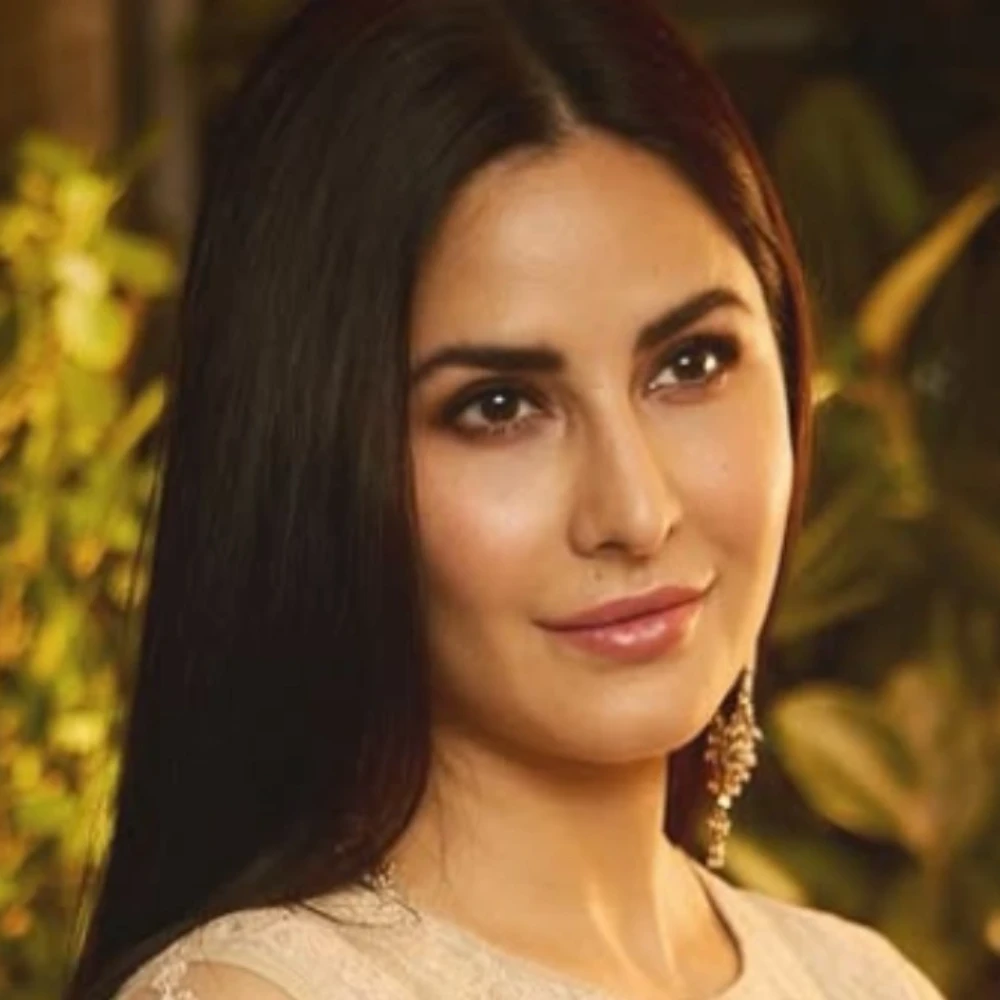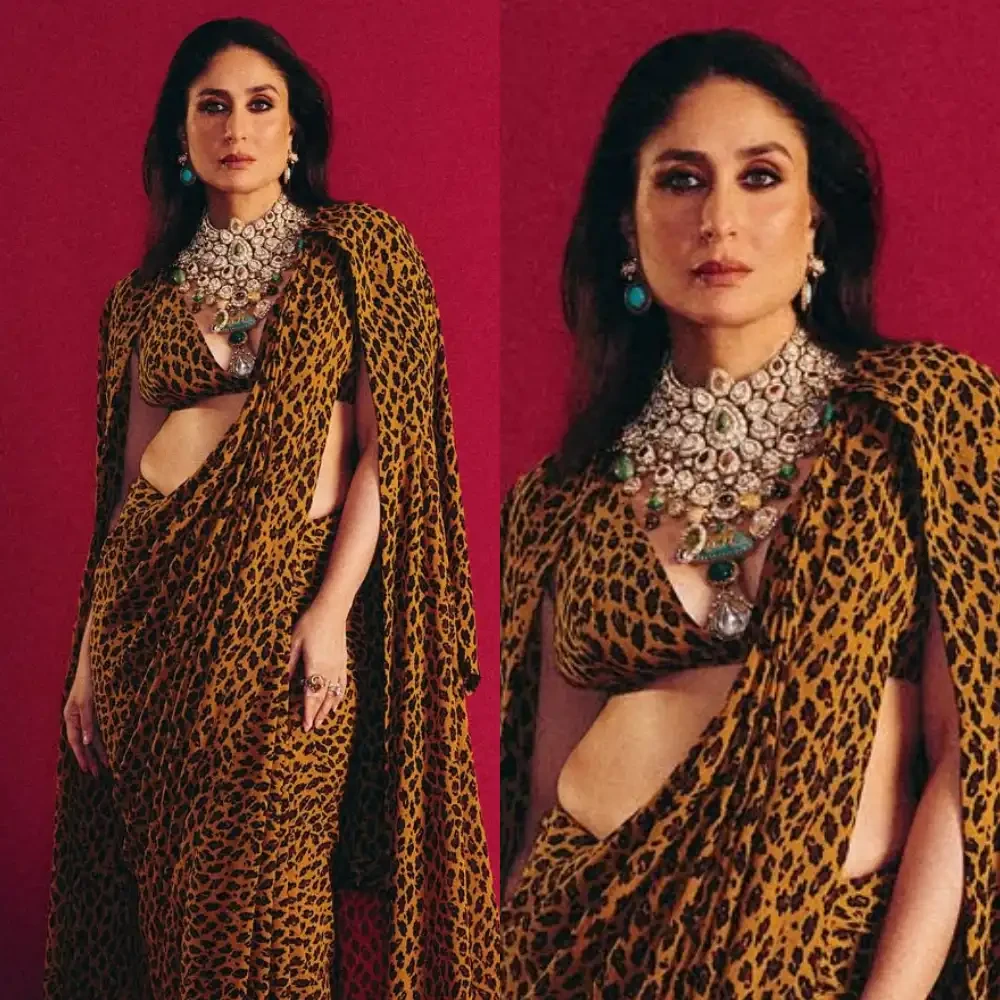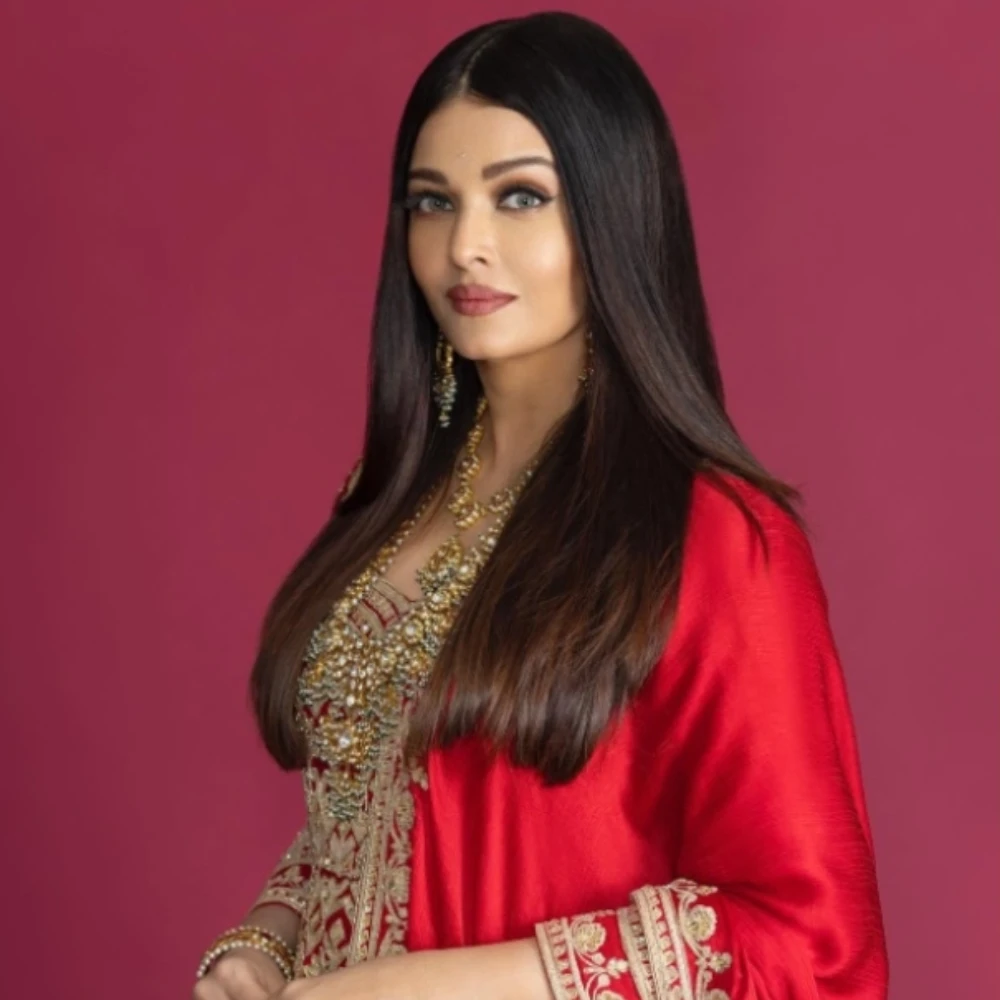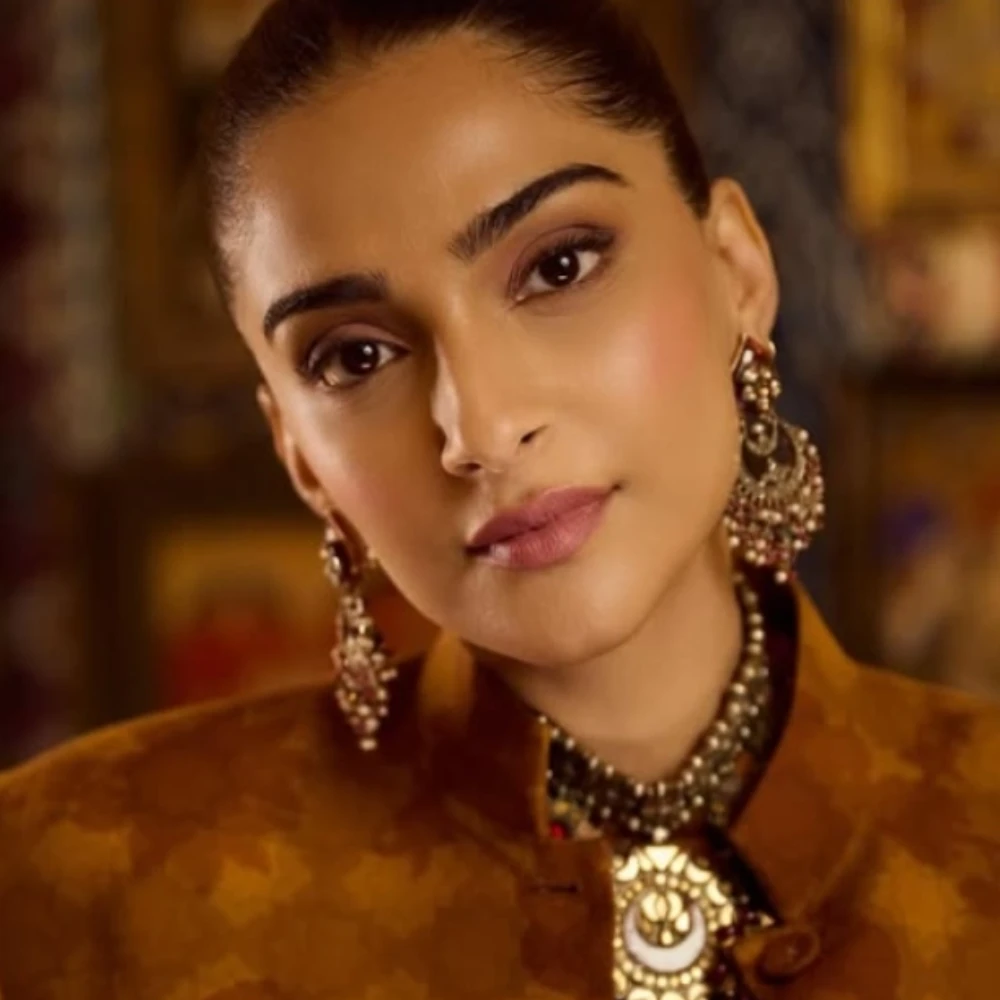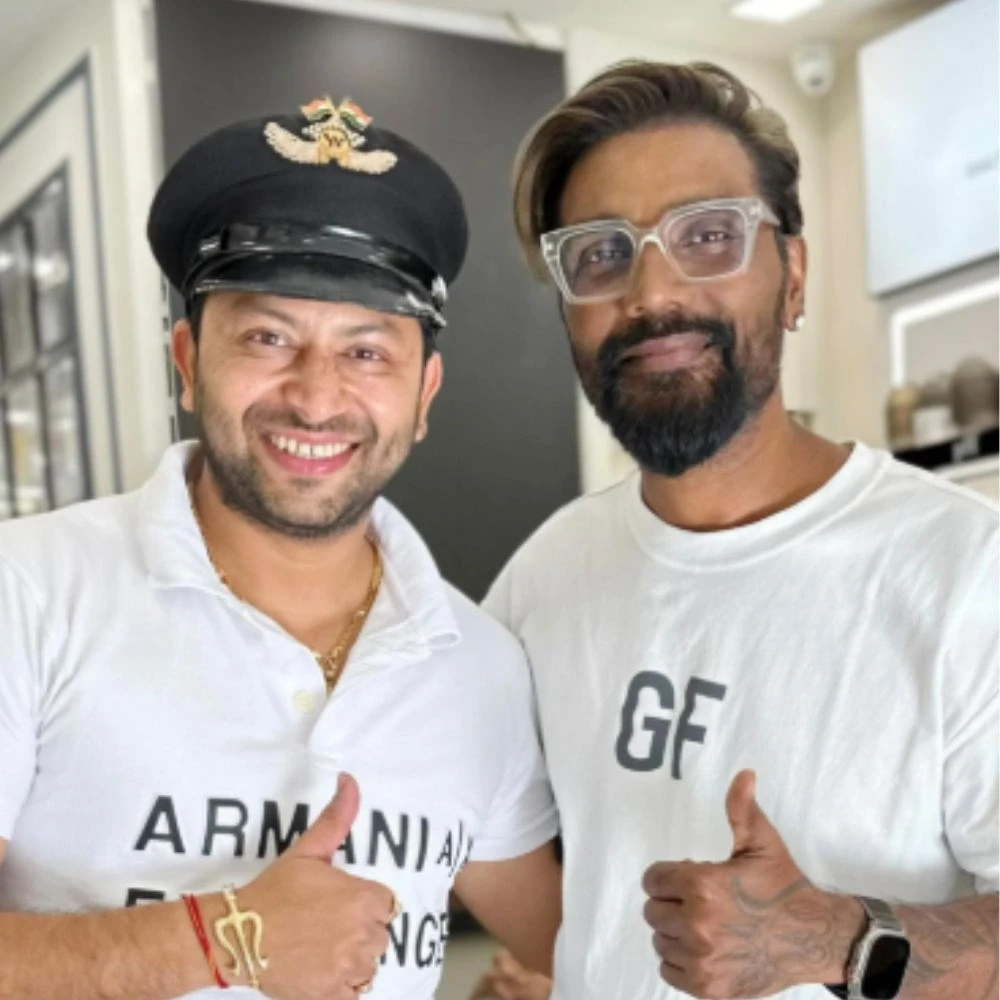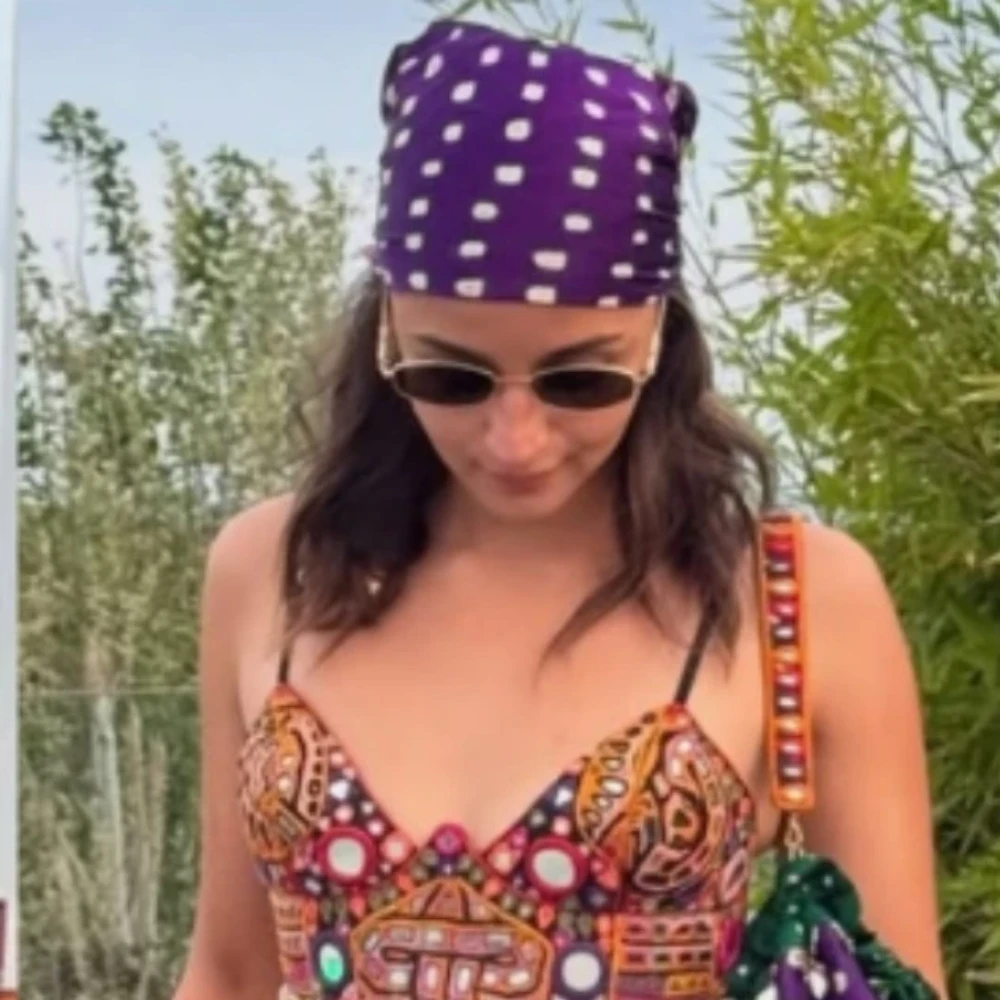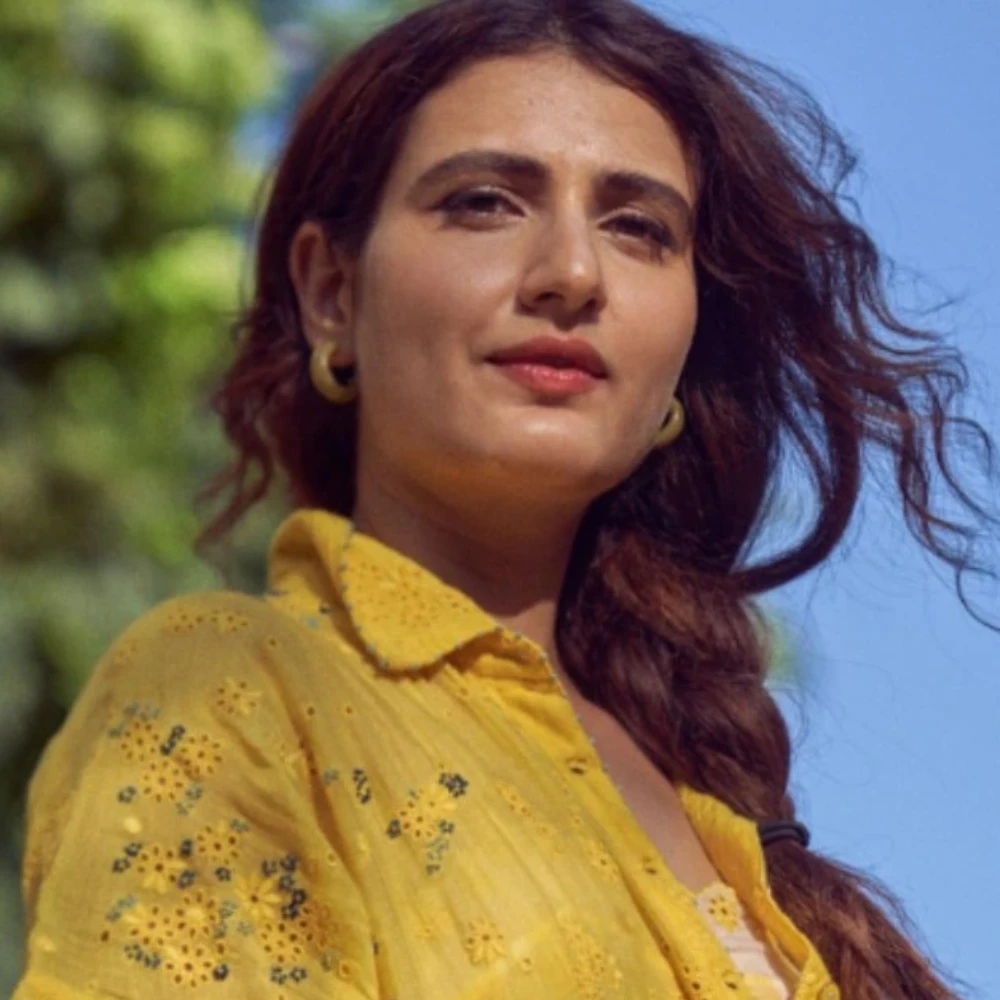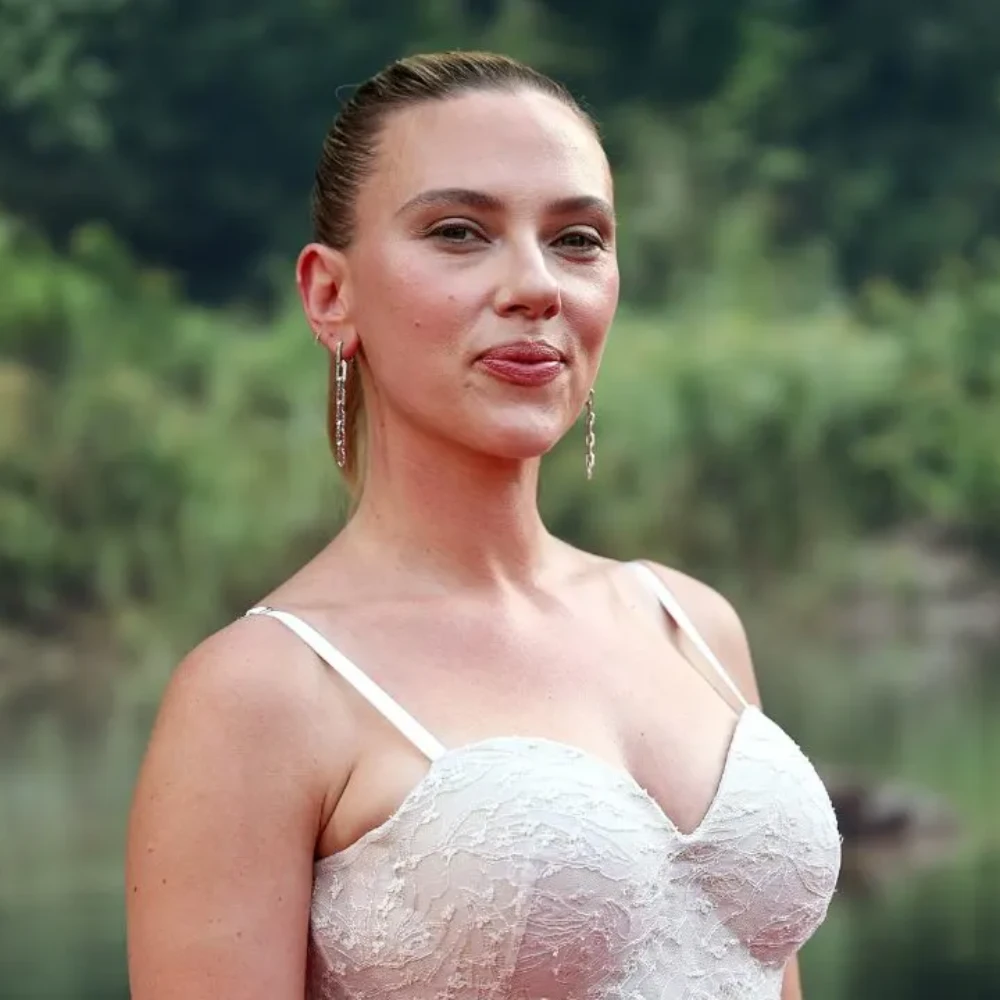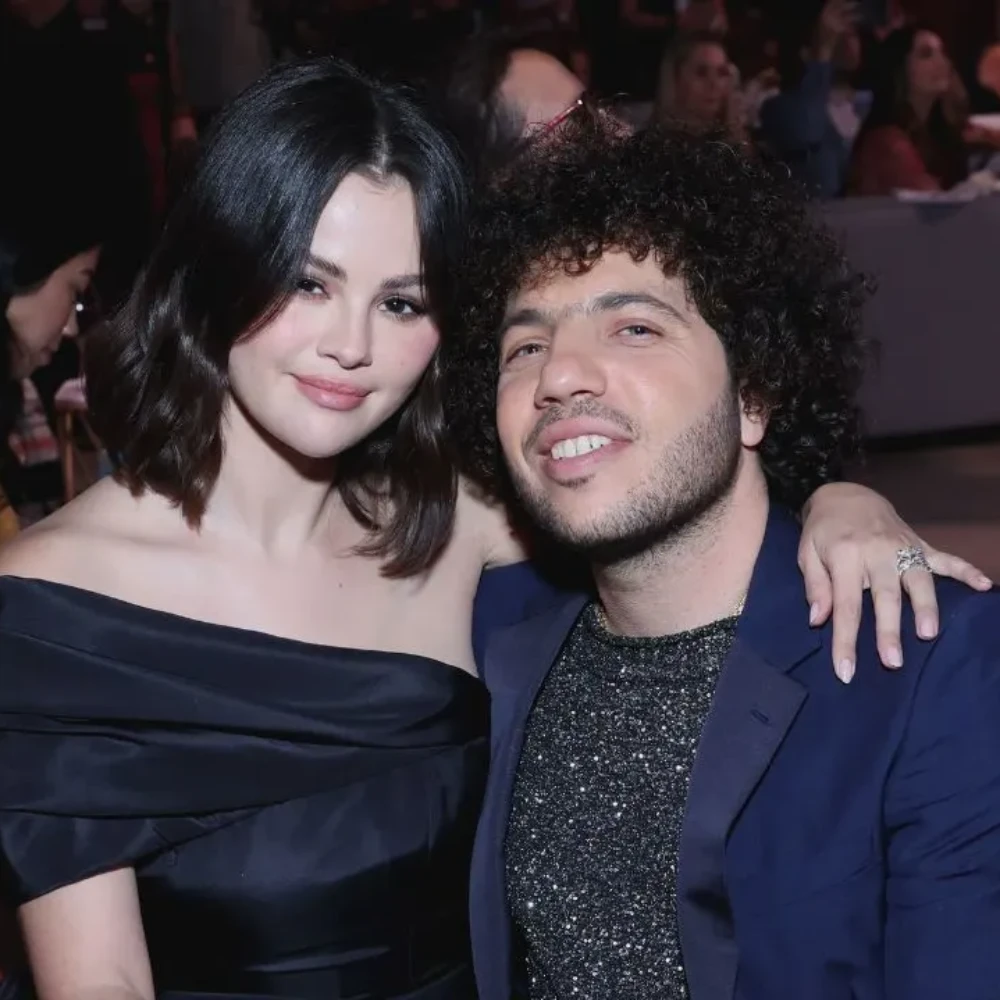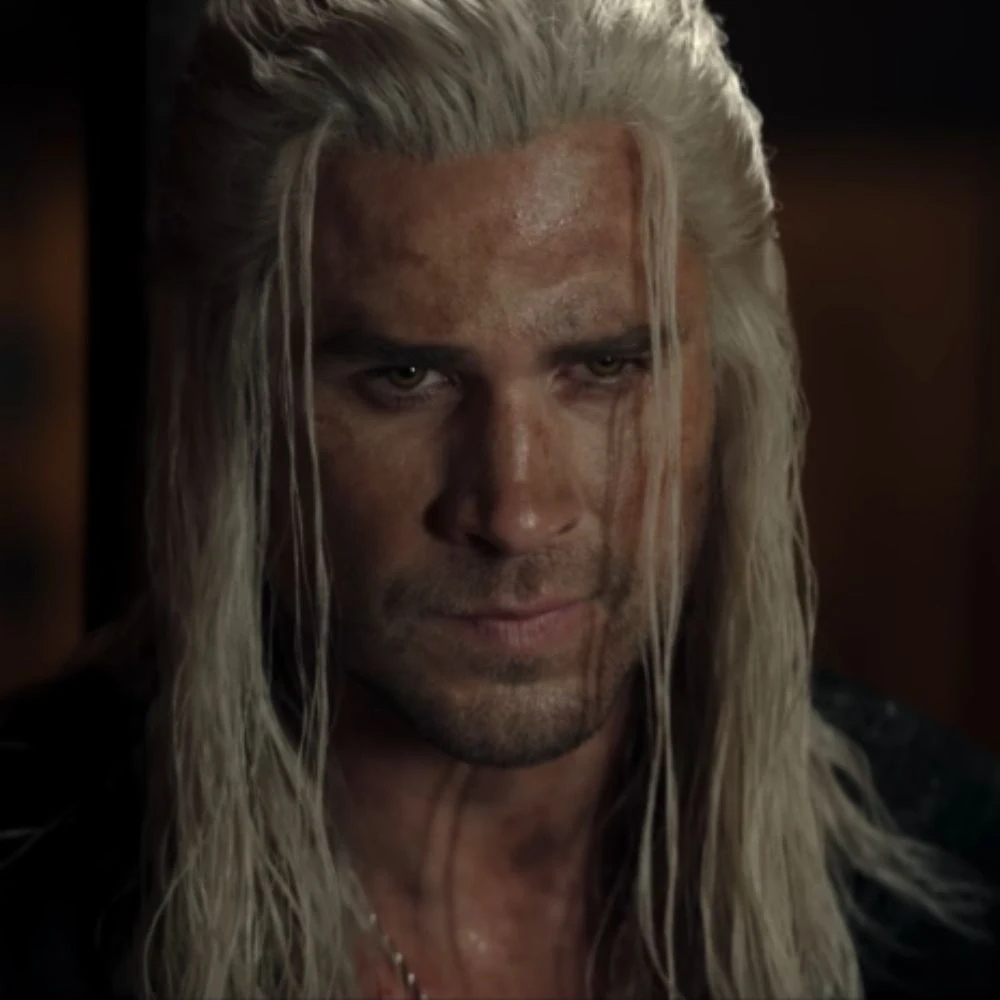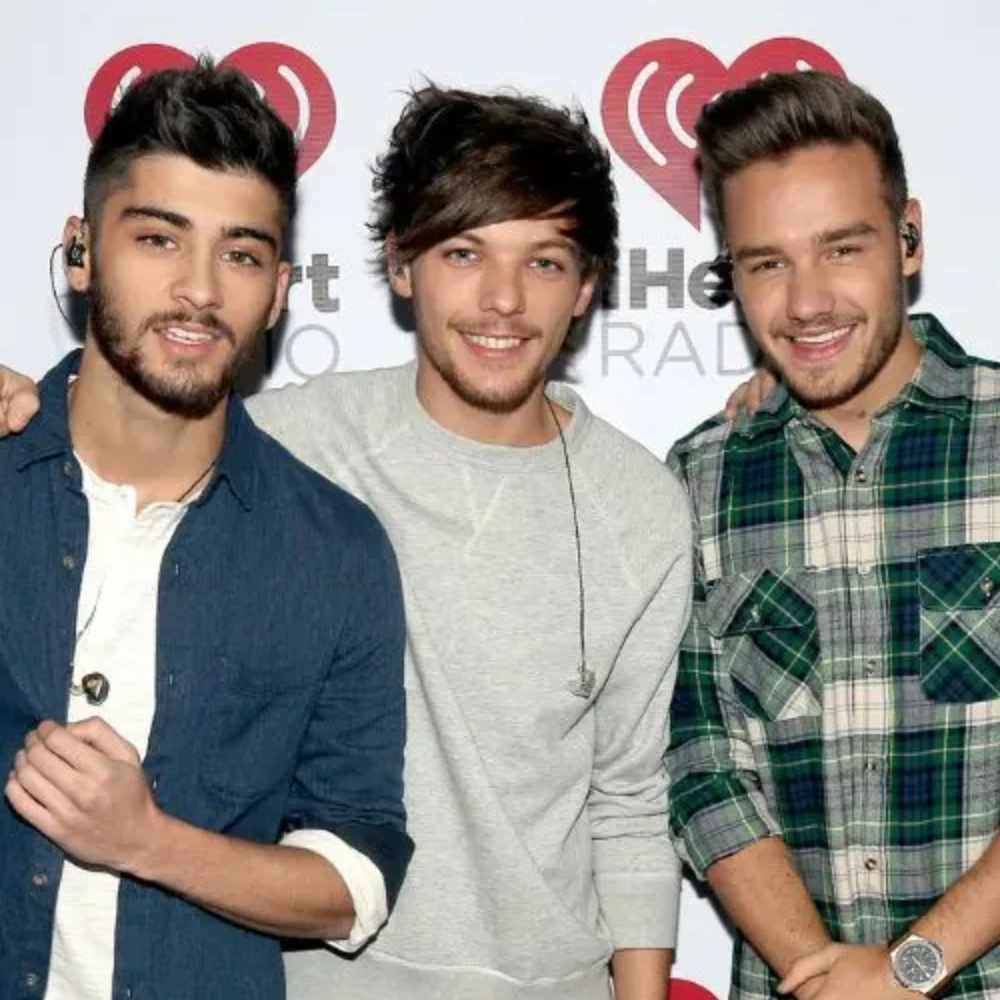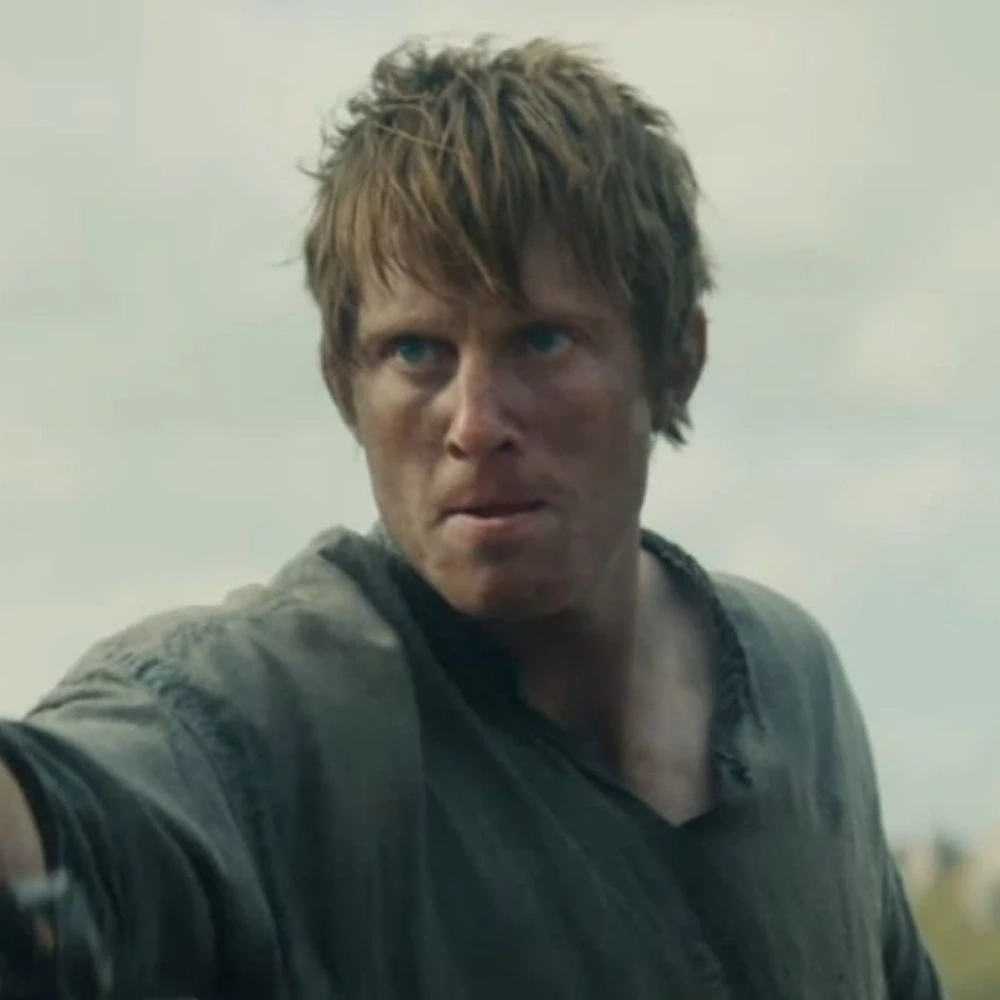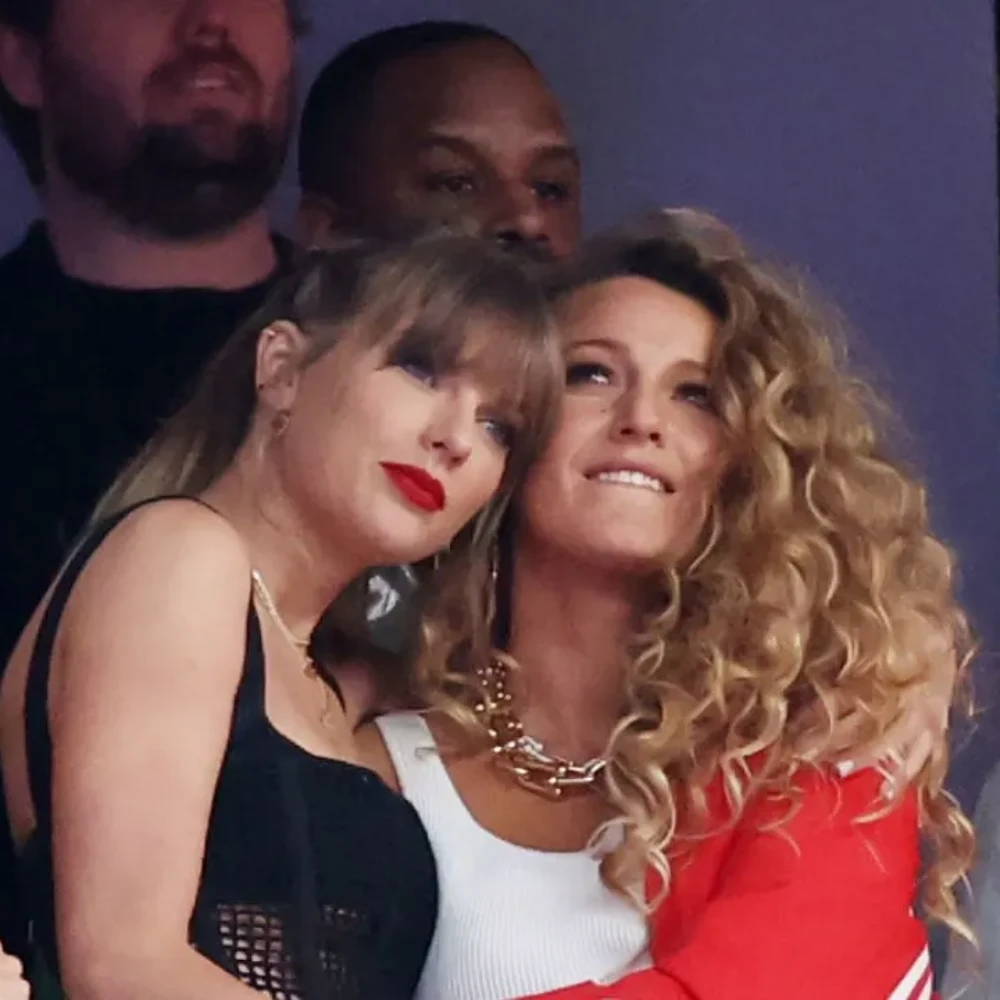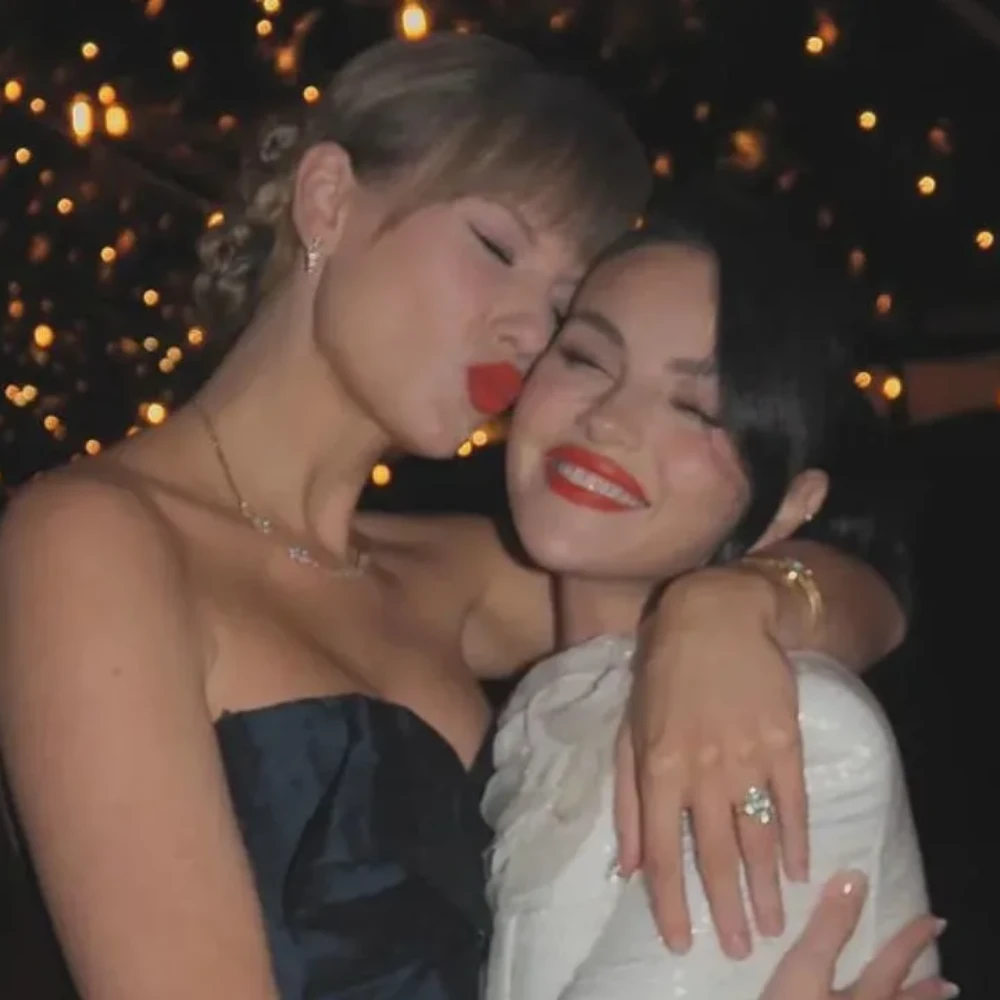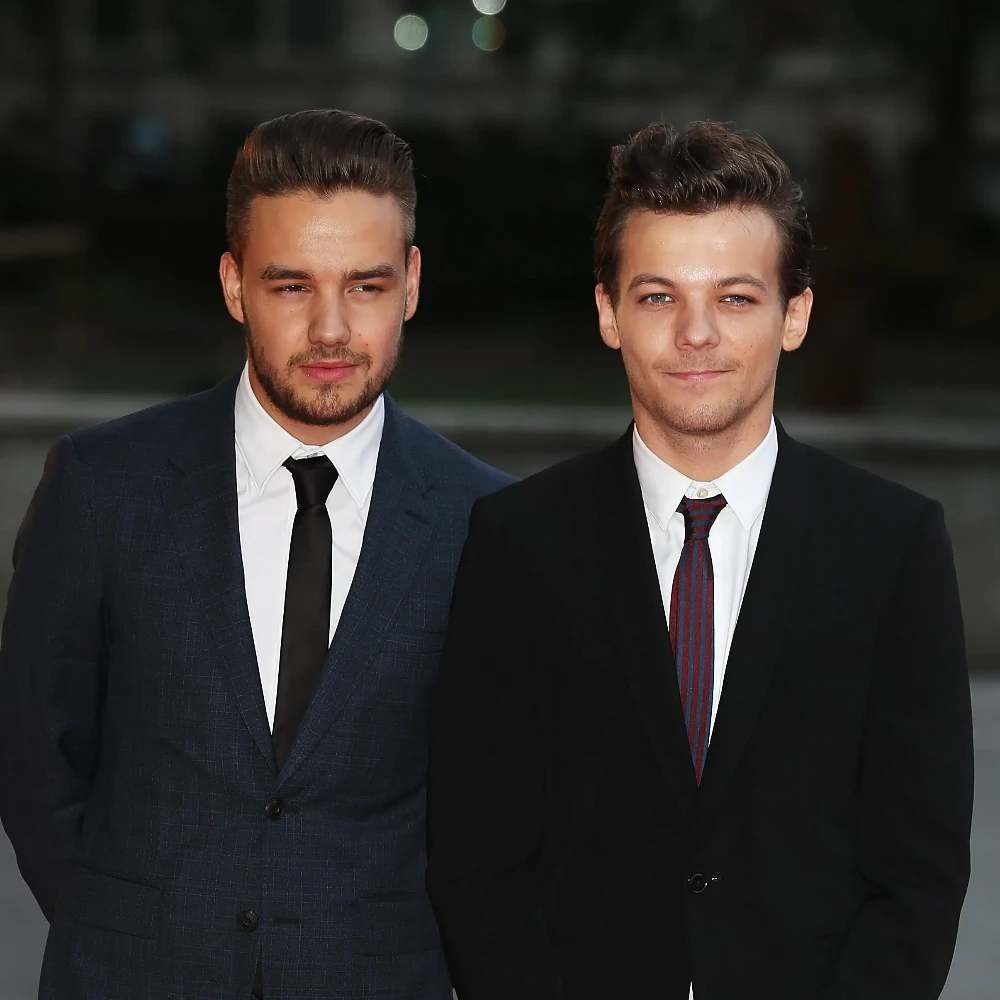Who Are The Dragonkeepers In House Of The Dragons? ExplainedG
The Dragonkeepers oppose commoner bonding with dragons, symbolizing Targaryen elitism The Dragonkeepers are well-established, act spiritually, and meet tragic ends.
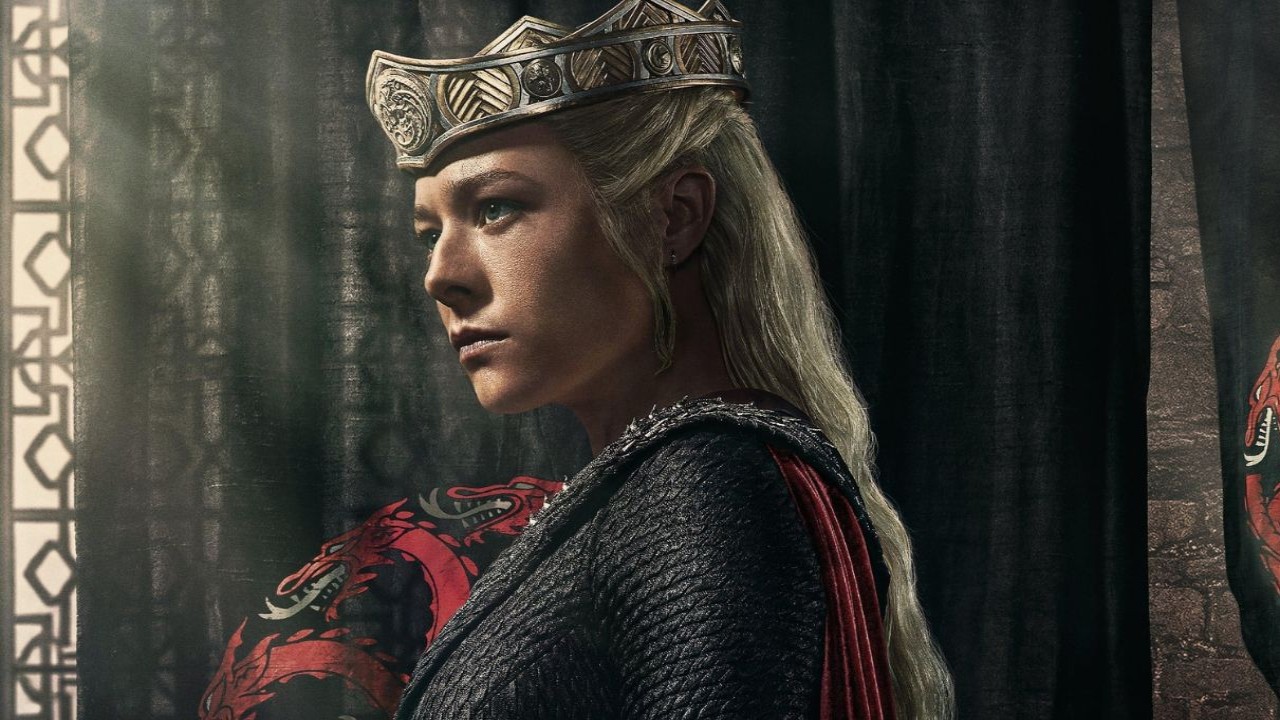
In House of The Dragon Season 2 episode 7, Sowing of the Seeds, Rhaenyra bonded Targaryen dragons with Valyrian commoners across Dragonstone. Prospect riders are killed by Vermithor as the episode becomes increasingly violent, but all the while, there is raising of plot involving the highlight lore surrounding Targaryen dragons and their place within Westerosi society. It's broken—this elitism associated with riding dragons in general, which makes them something that can be shared with the masses—when Jacaerys Velaryon and the Dragonkeepers decry the Sowing for its elitism and its antipathy toward the order.
Who are the Dragonkeepers?
Princesserea Targaryen disappeared with Balerion the Black Dread for over a year before House of the Dragon. Her uncle, King Jaehaerys I, instigated the Dragonkeepers to shepherd the Targaryen family's dragons in King's Landing. The dozens of dragonkeepers, tasked with preventing future theft, were tasked with ensuring the safety of the Targaryen family's dragons.
This means that by the start of the Dance of the Dragons, the Dragonkeepers have been around for nearly a century, so they're well-established and quite set in their ways. In the book, they're described as men who wear black suits of armor decorated with dragon scales, so the TV version is quite different in comparison. House of the Dragon's Dragonkeepers wear light robes and have shaved heads, giving them a monk-like look. The show's version also carry dragonglass daggers and wield long staffs instead of the book versions' swords.
The Dragonkeepers are responsible for maintaining the Targaryen dragons, guarding the dragonpit in King's Landing, preventing threats and thieves. They even ward off Princess Saera Targaryen from entering in Fire & Blood. They also police Princess Viserra Targaryen, who brought boys to the dragons and offered sex to those who put their head in a dragon's mouth. Their dedication to their duty is evident even when a Targaryen commands otherwise.
The House of the Dragon emphasizes that the Dragonkeepers are not mere servants but are born into their roles and raised to fulfill their spiritual duties. They believe the royal Targaryen line has divine rights to the dragons and that commoners should not interfere with their power.
Dragonkeepers in House of the Dragon speak High Valyrian and are trained to communicate with dragons. They likely feed and bring dragons forth when their Targaryen rider wants to mount them. This high-risk role is likely due to the potential unpleasantness of some dragons in House of the Dragon, making them extreme and aligning with the Targaryen exceptionalism.
Dragonkeepers and dragons in Westeros were absent for over a century, leading to the overthrow of the Targaryen dynasty. They disappeared between House of the Dragon and the original show, likely consumed by the Storming of the Dragonpit, a riot in King's Landing and later in the Dance.
The Storming of the Dragonpit is a devastating event where commoners and dragons clash in King's Landing, resulting in numerous deaths. Dragonkeepers, who rely on dragons to hold off the mob, are among the dead. The event is a heartbreaking moment in House of the Dragon.
House of the Dragon has a unique portrayal of the Dragonkeepers
Dragonkeepers are hesitant to claim the dragons themselves due to the House of the Dragon's treatment of them. Dragons are considered gods, and only those with dragon blood can fully tame them. Only Targaryens and some Velaryons have dragons, so dragonkeepers are not able to form the powerful bond with them like Targaryens. Therefore, the dragonkeepers' proximity to the dragons is not enough to claim them.
In a 2023 episode of his podcast, The Stuff Dreams Are Made Of, House of the Dragon showrunner Ryan Condal explained why dragonkeepers in the series are different from the books. They initially wore simpler attire due to budget constraints, but the concept evolved into a monastic order. They work in pairs, with an elder dragonkeeper mentoring a younger one. They also adopt High Valyrian as their sole language for training.
Another thing that Condal mentioned is the fact that dragonkeepers also have daggers made of dragonglass, which they would craft as part of their training. Dragonglass is a rare ore which, as it's revealed in Game of Thrones, can be found in Dragonstone, and not only can it kill White Walkers, but it's also resistant to dragon fire. Condal didn't disclose why they would carry this weapon, but it may be connected to the dragonkeeper that kills himself when Seasmoke sets him on fire.
Dragons are gods, so a dragonkeeper killing themselves if set on fire essentially means that they can't allow the gods to be responsible for their deaths. It's pretty much confessing their failures, too, a way of not holding the dragon responsible. Hopefully, we won't see any more dragonkeepers doing this until the end of the series.
ALSO READ: House of the Dragon: Can Only Targaryens Claim Dragons? Explored





 JOIN OUR WHATSAPP CHANNEL
JOIN OUR WHATSAPP CHANNEL